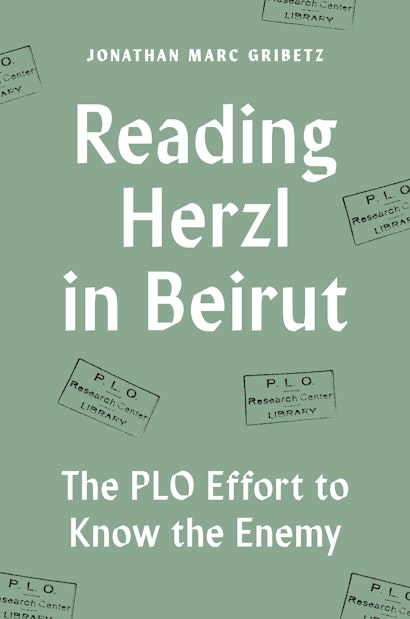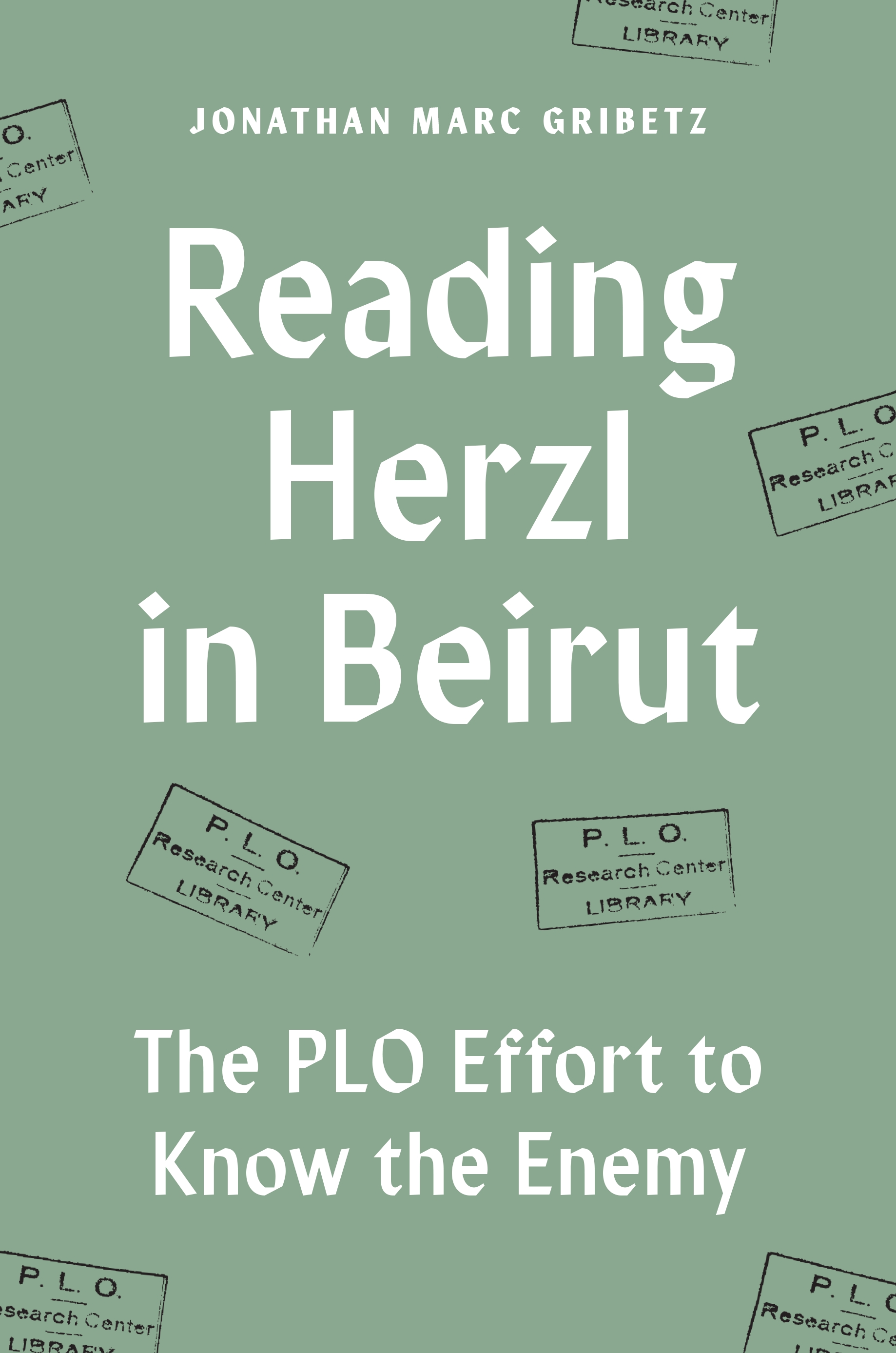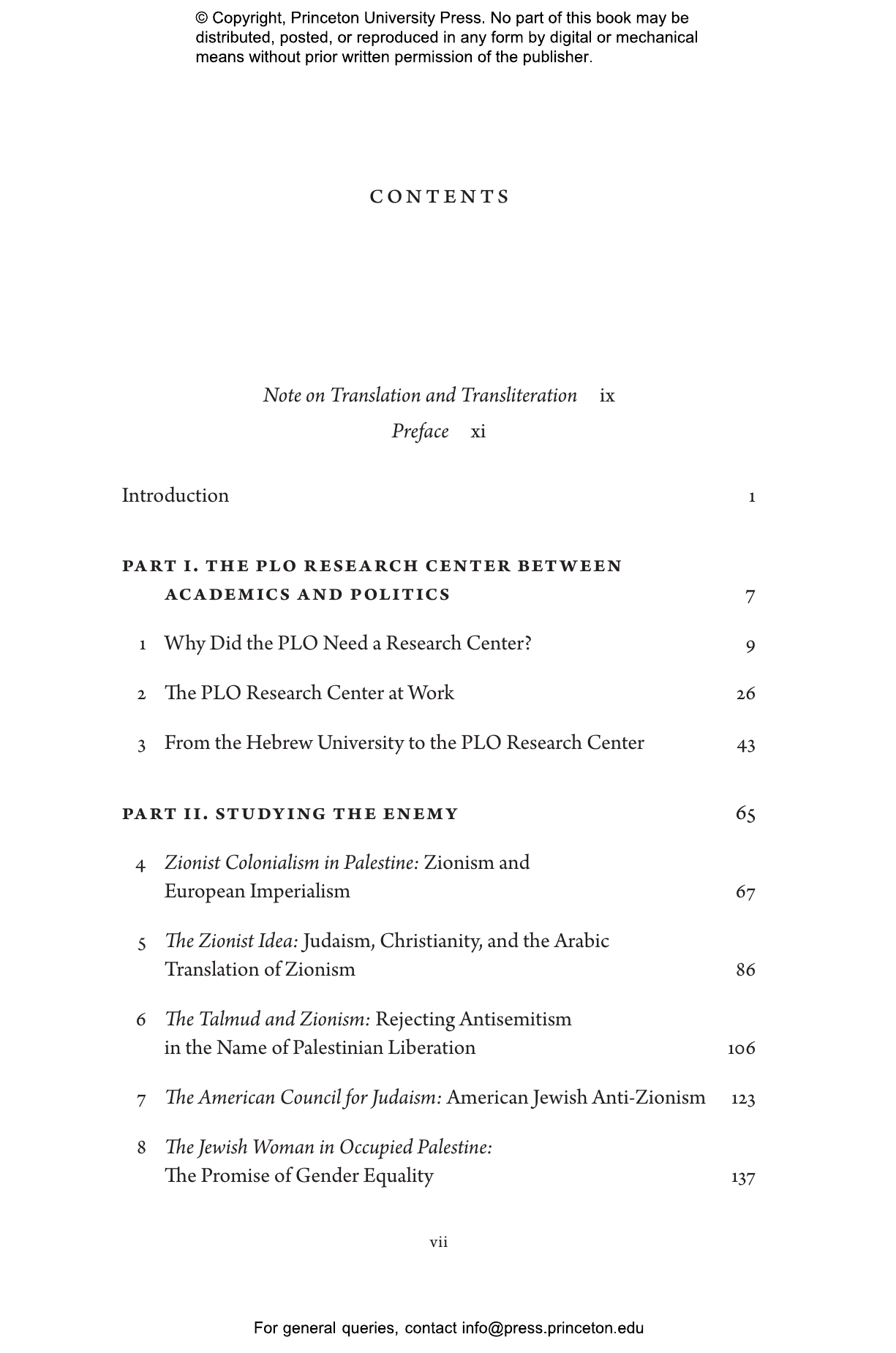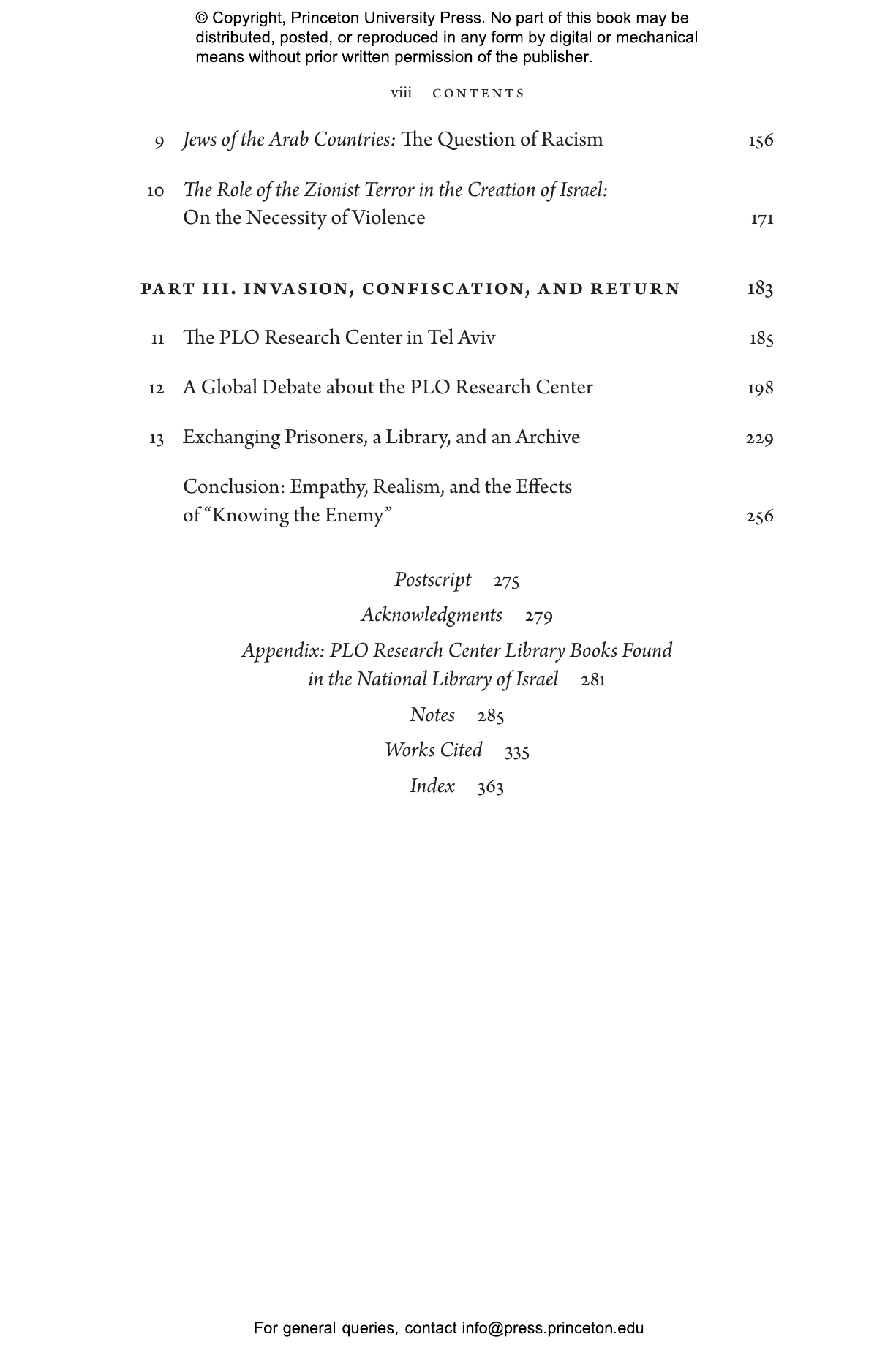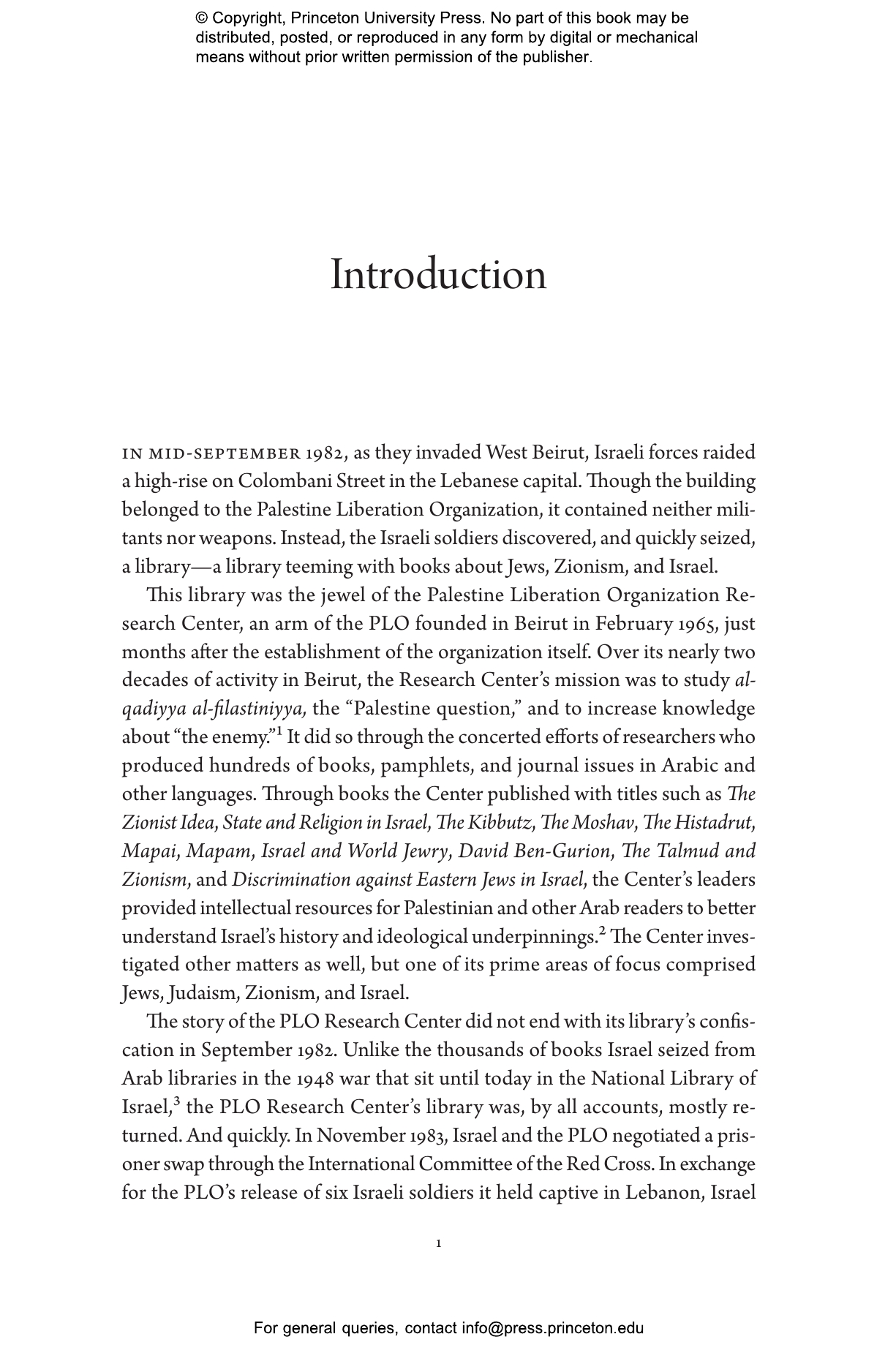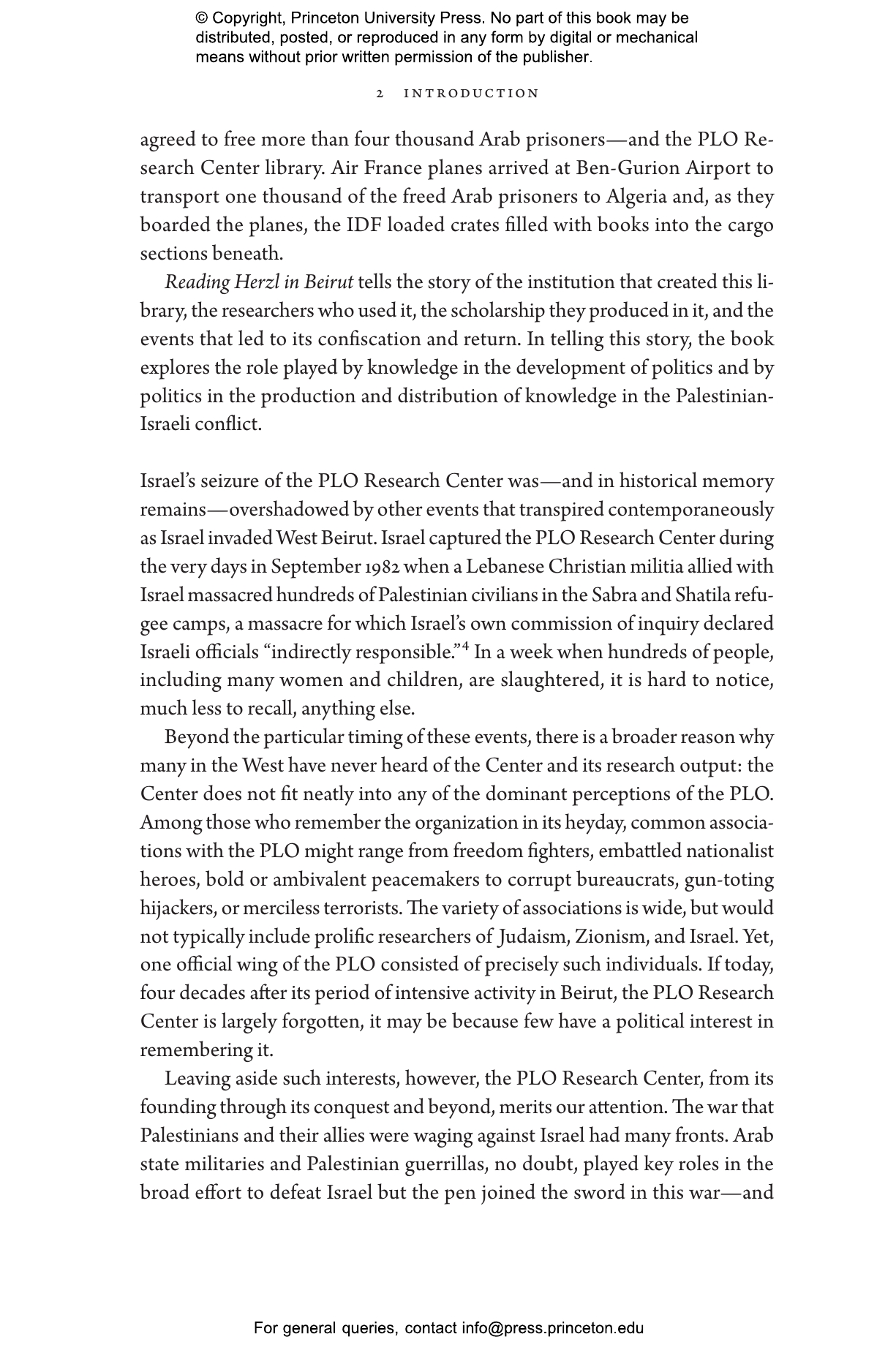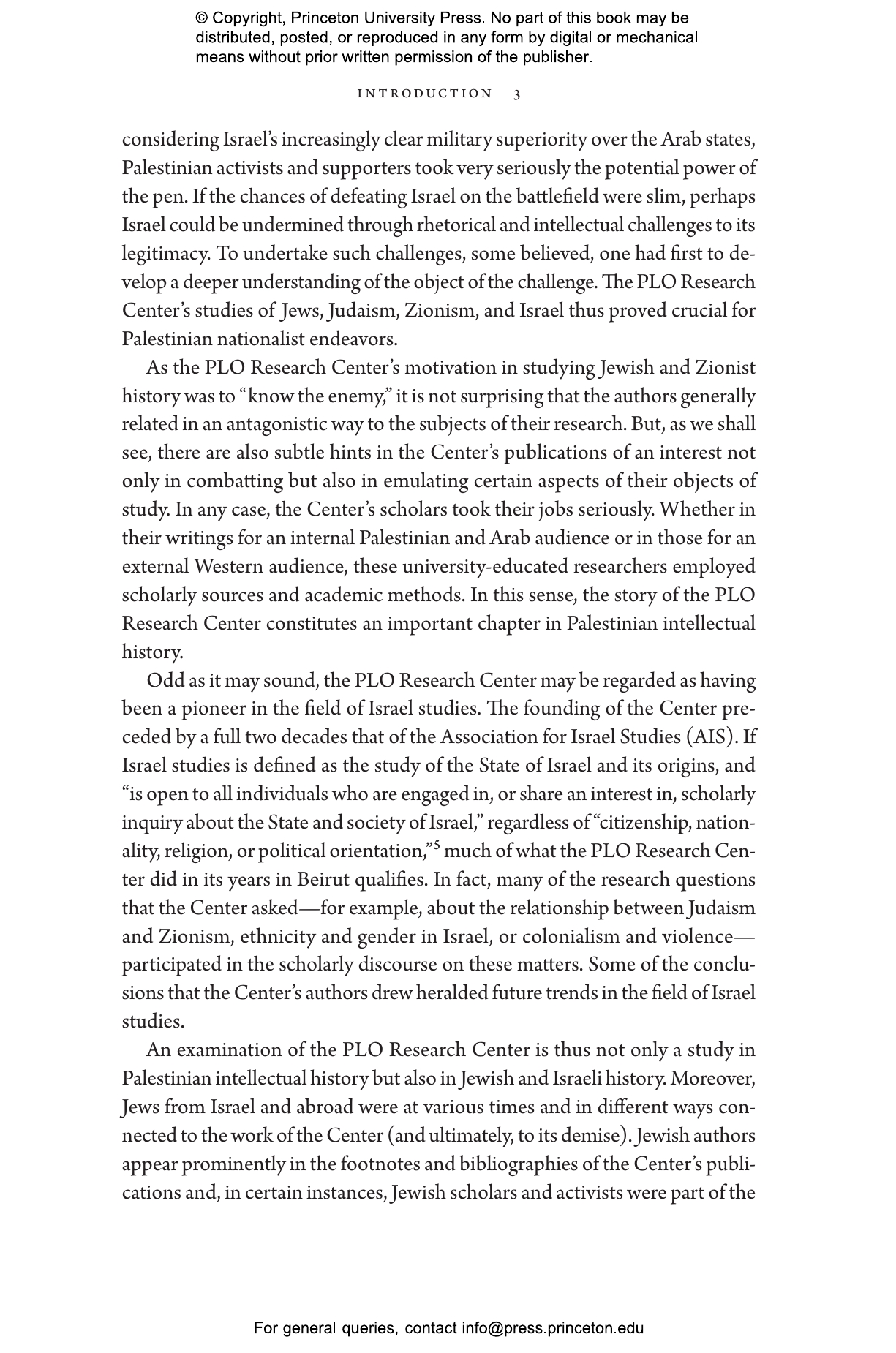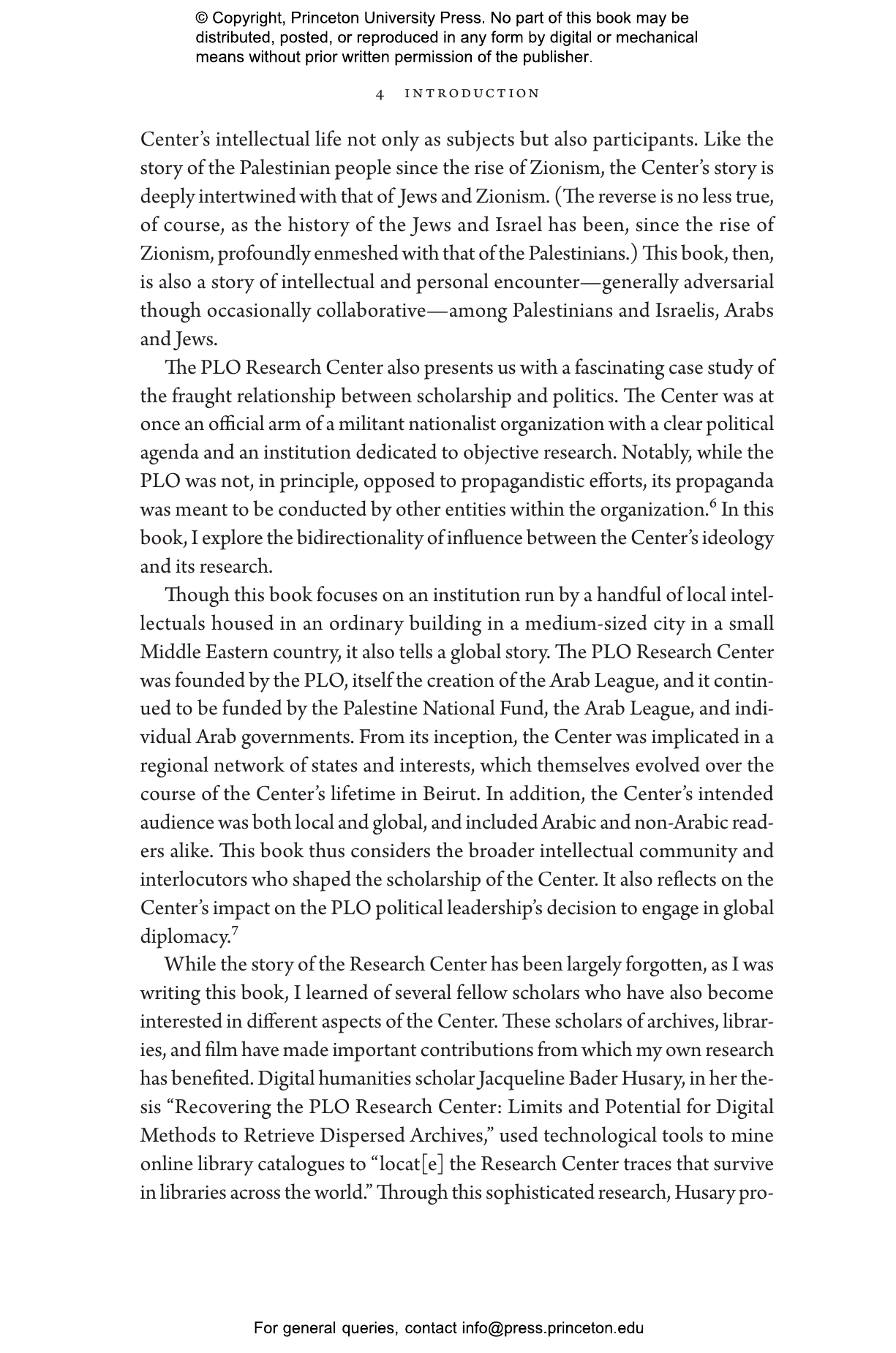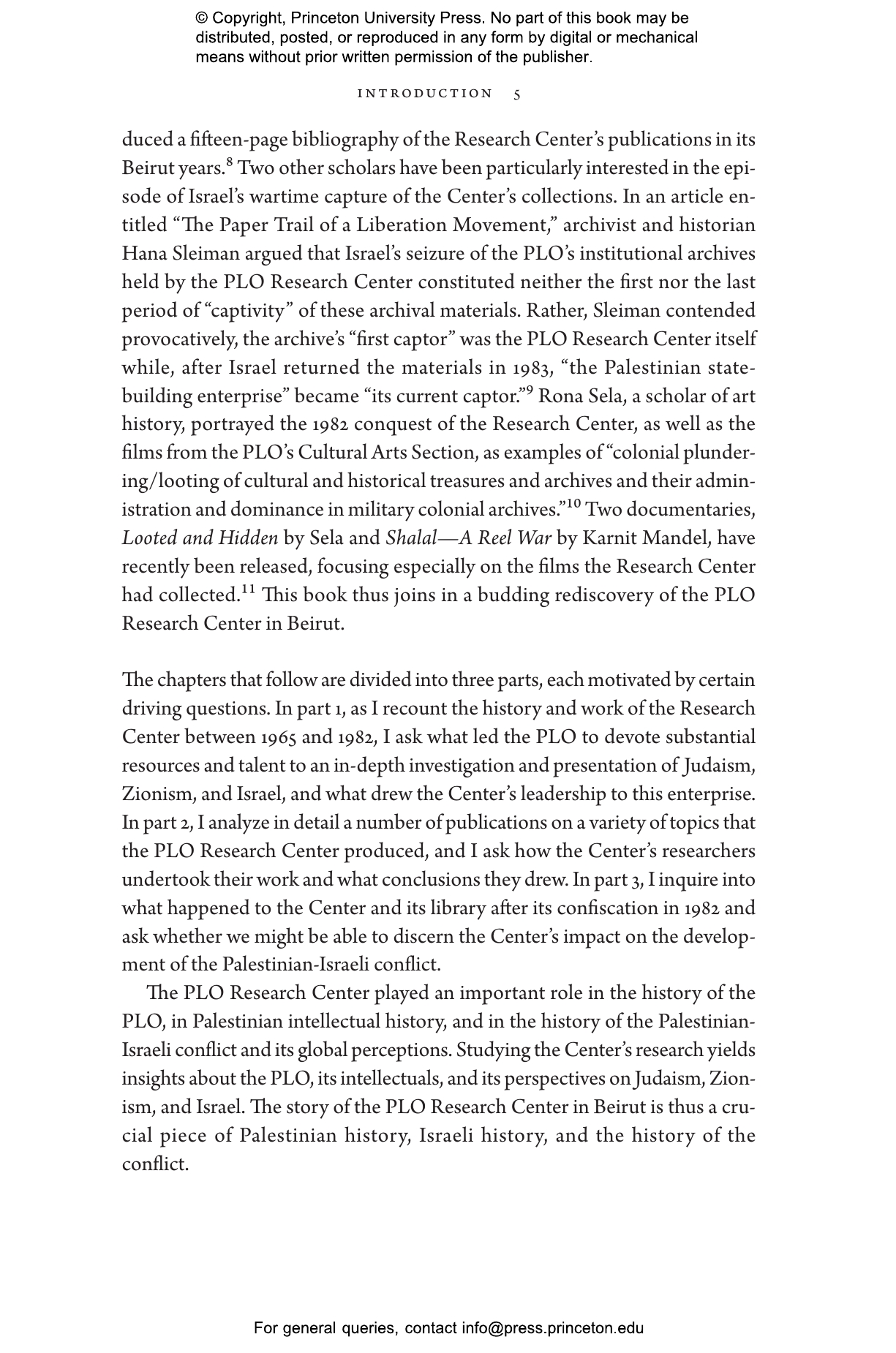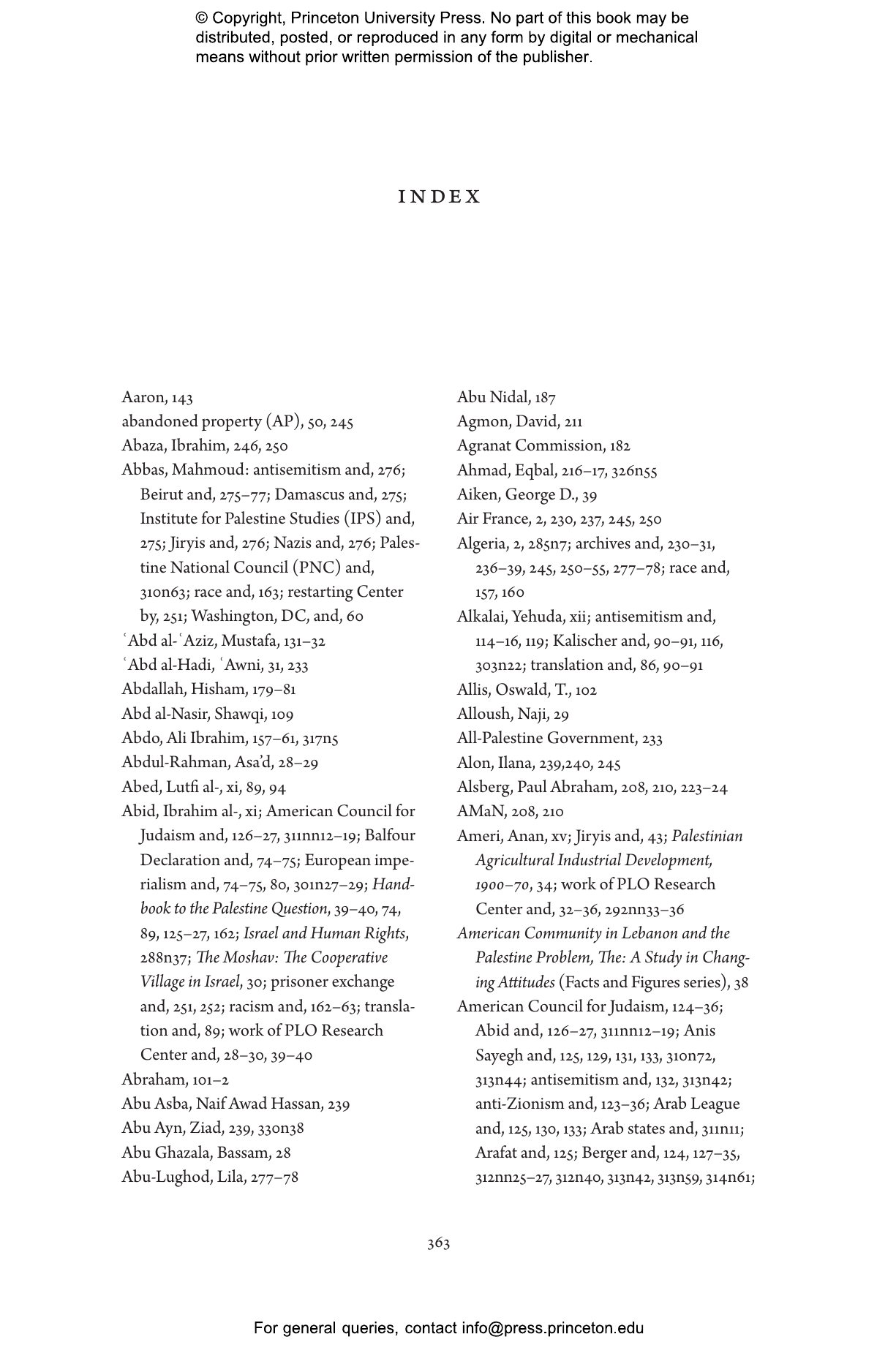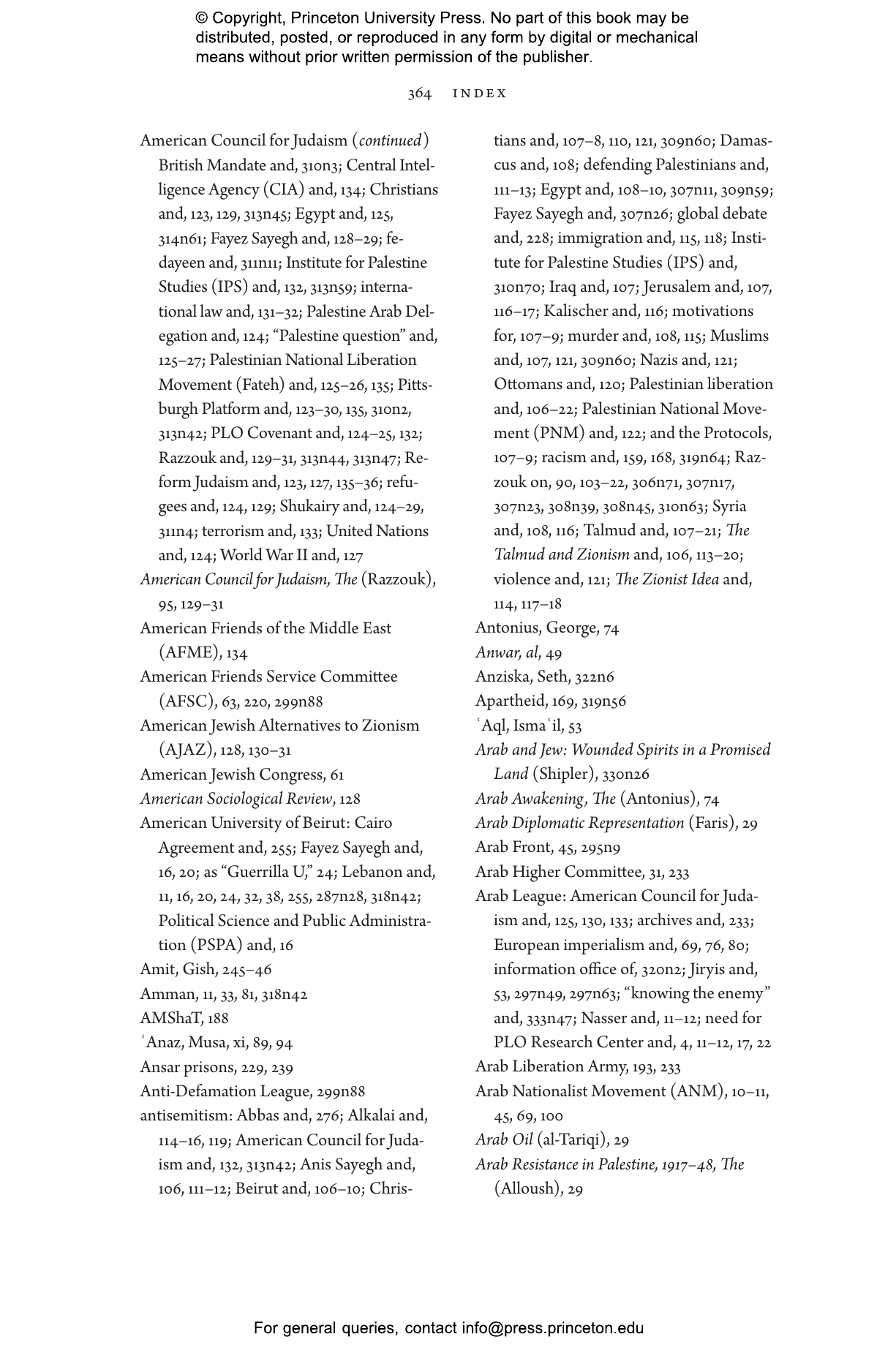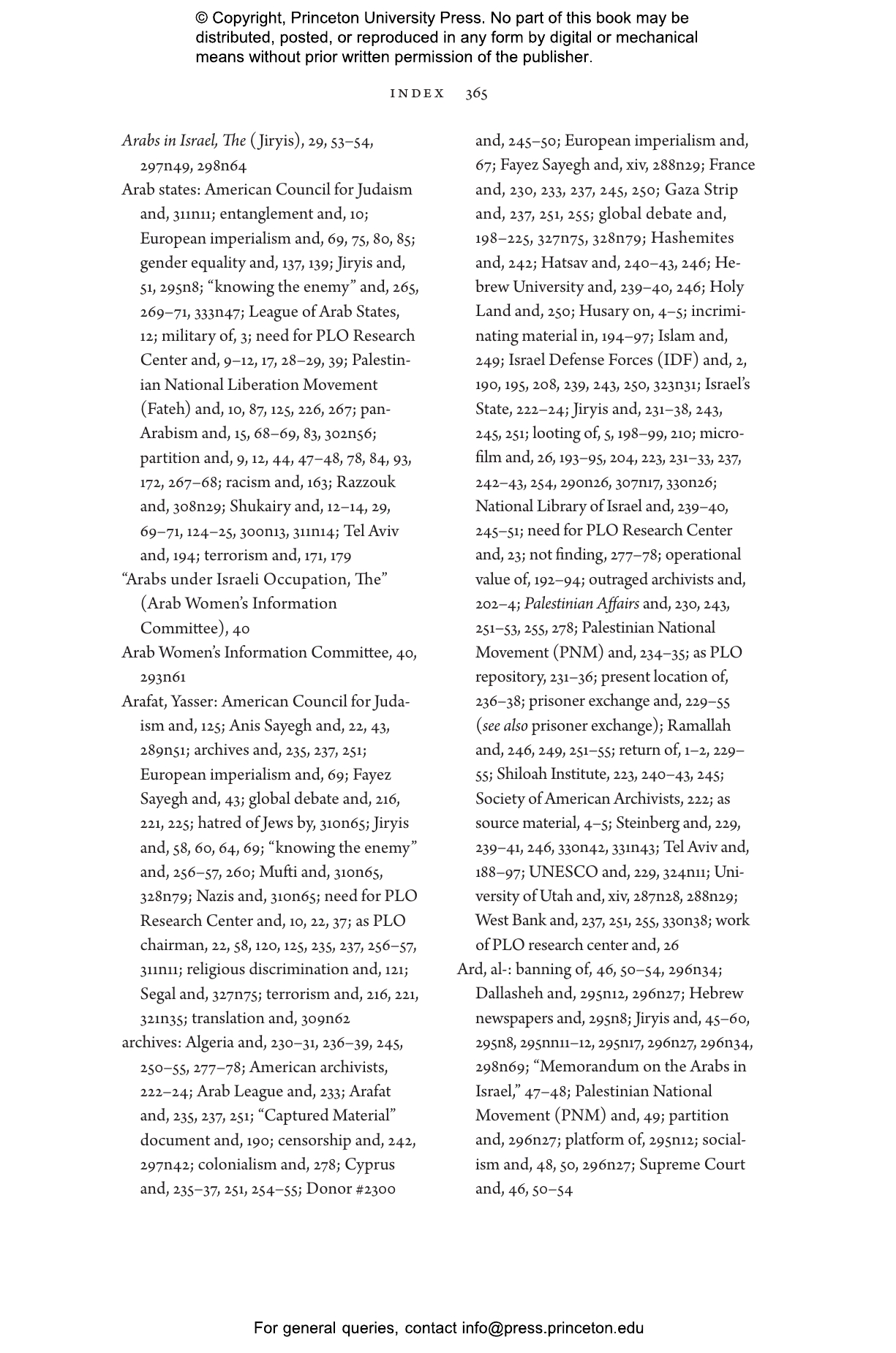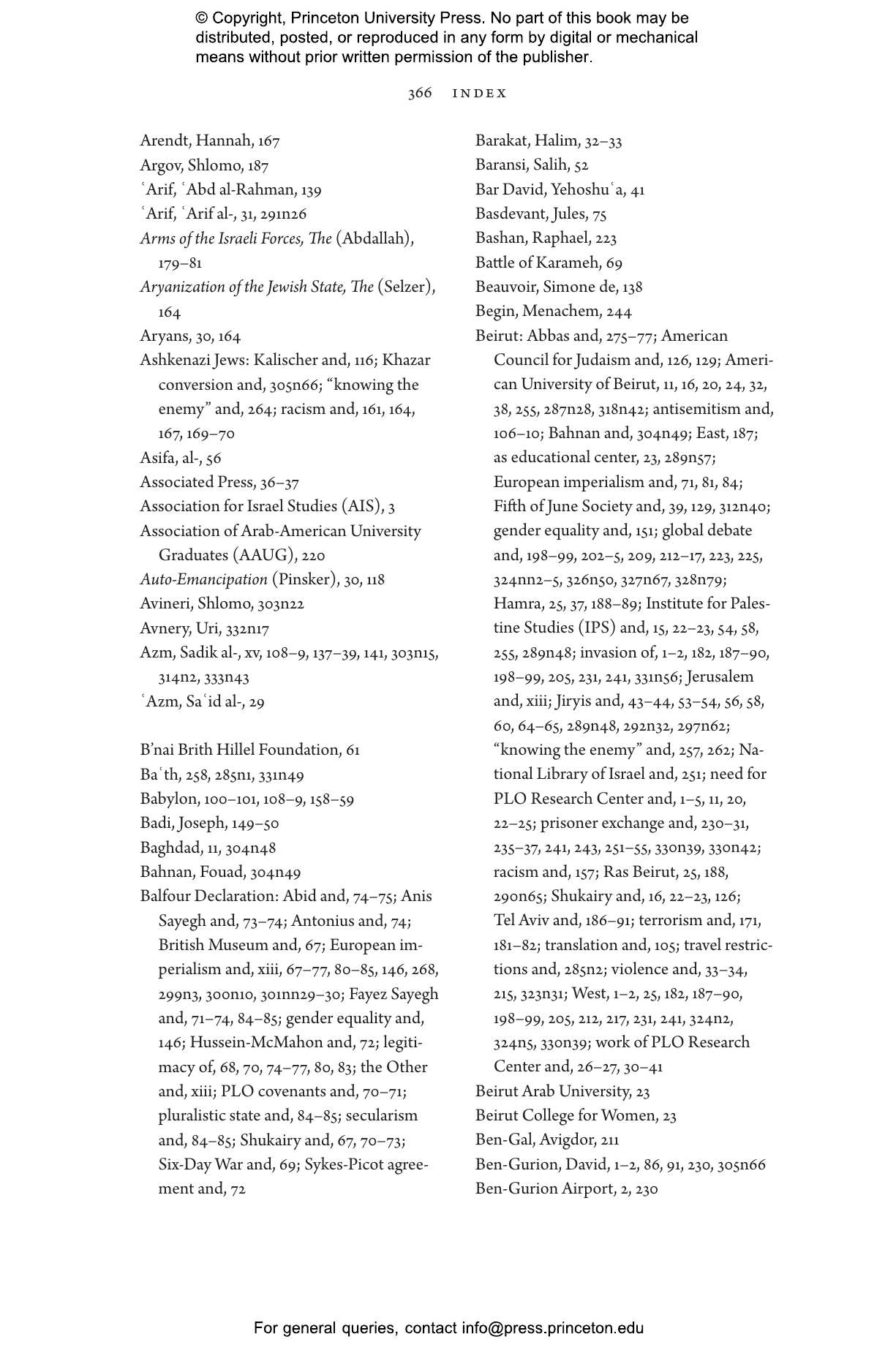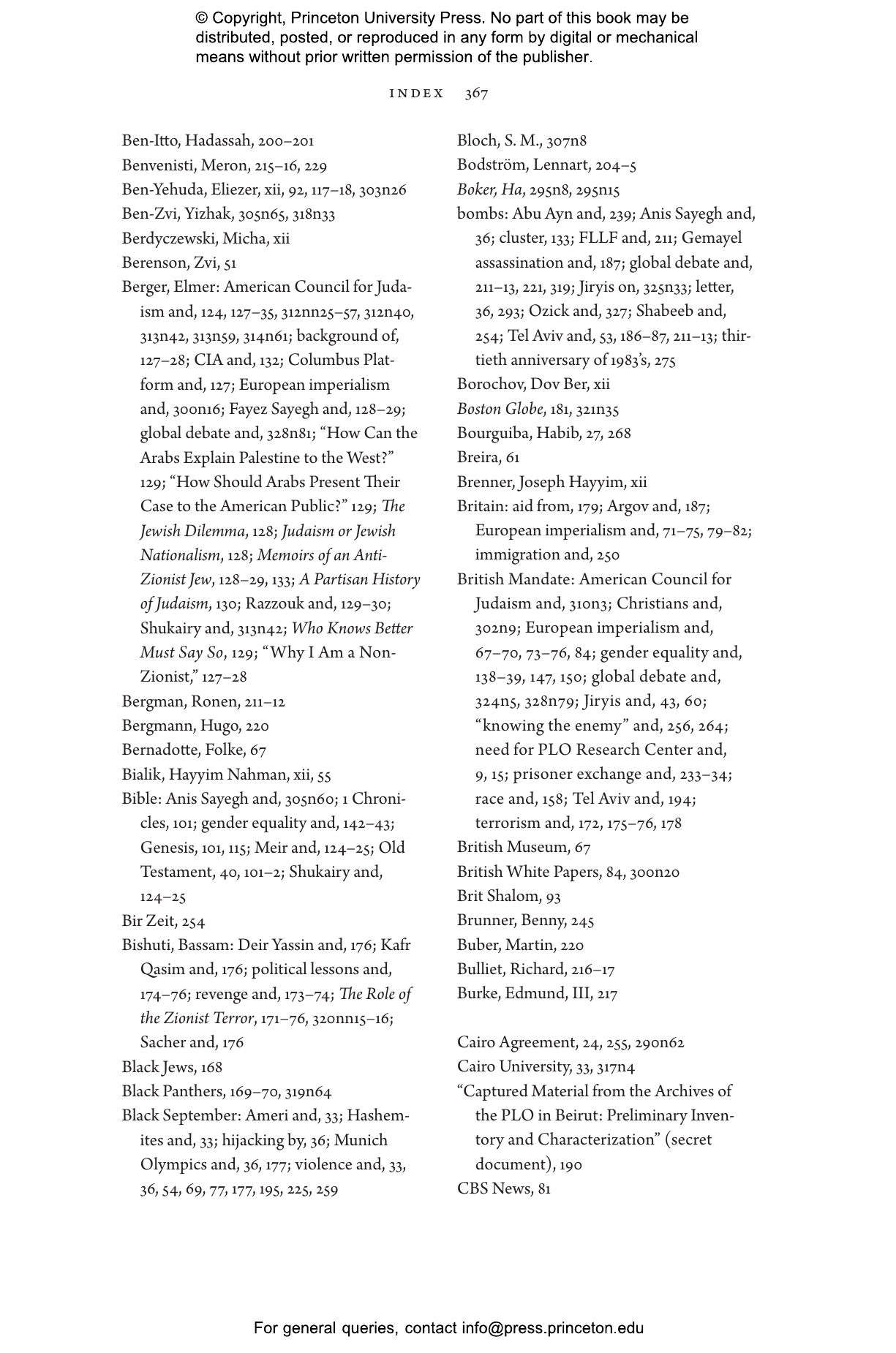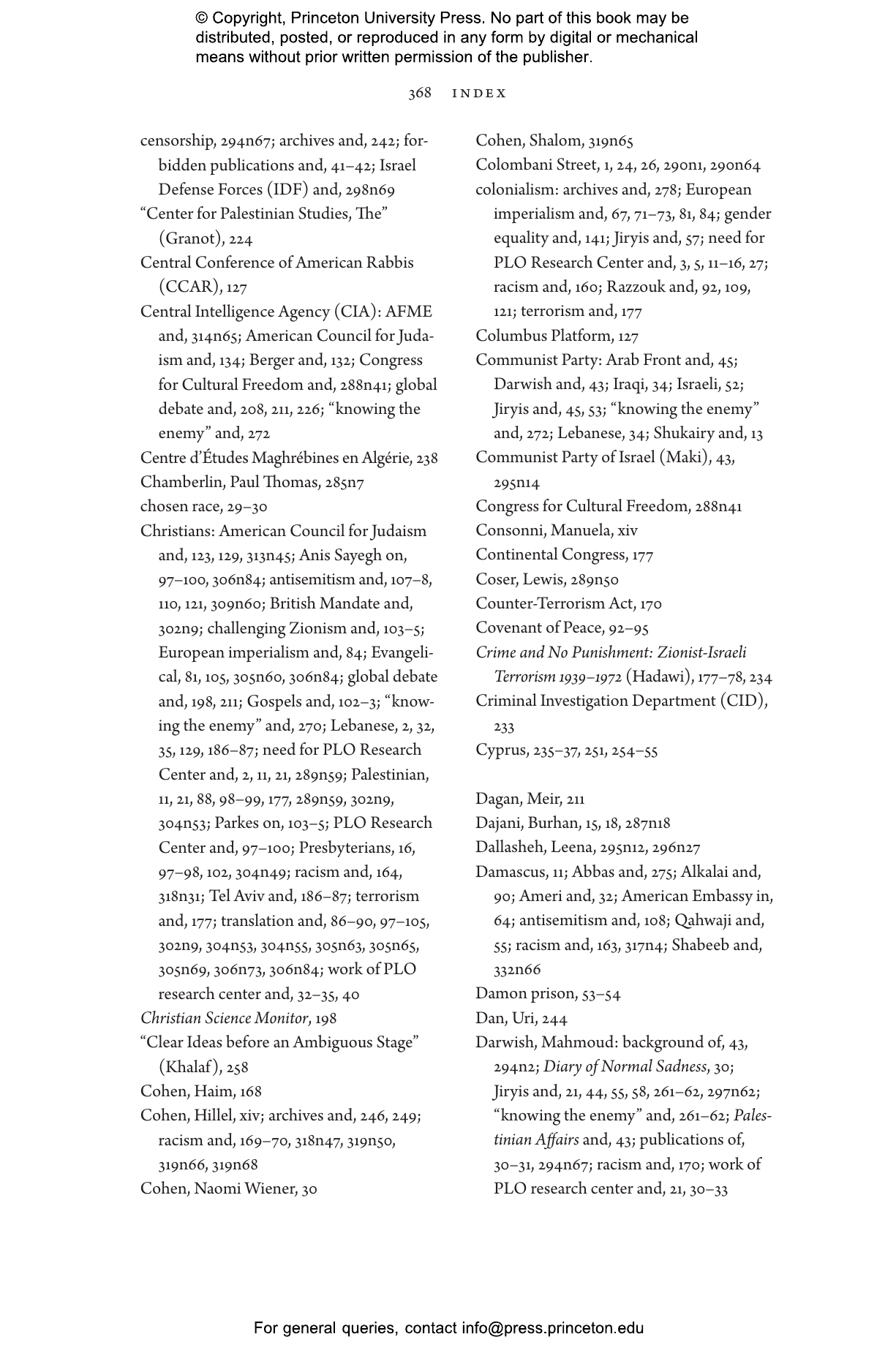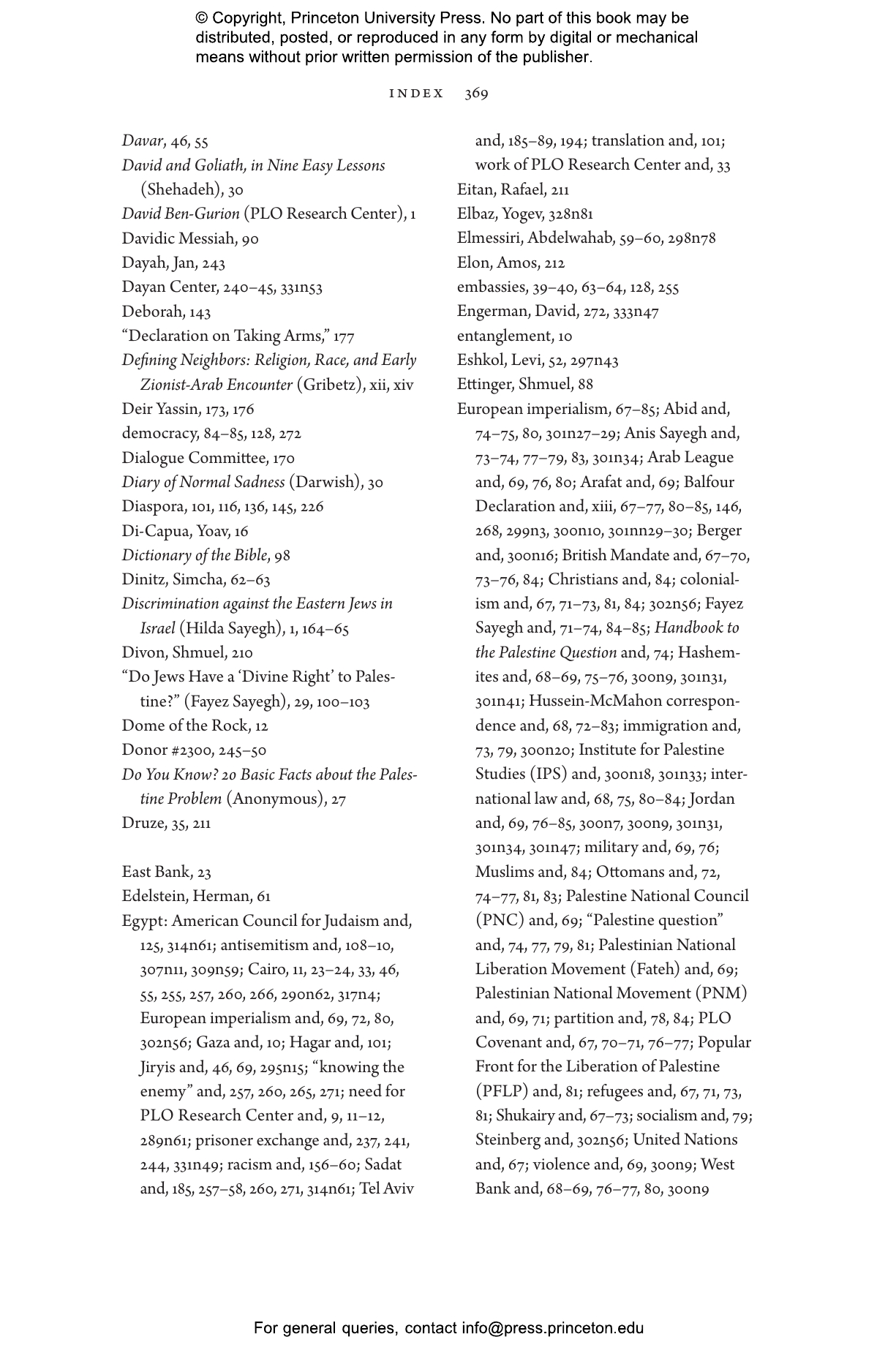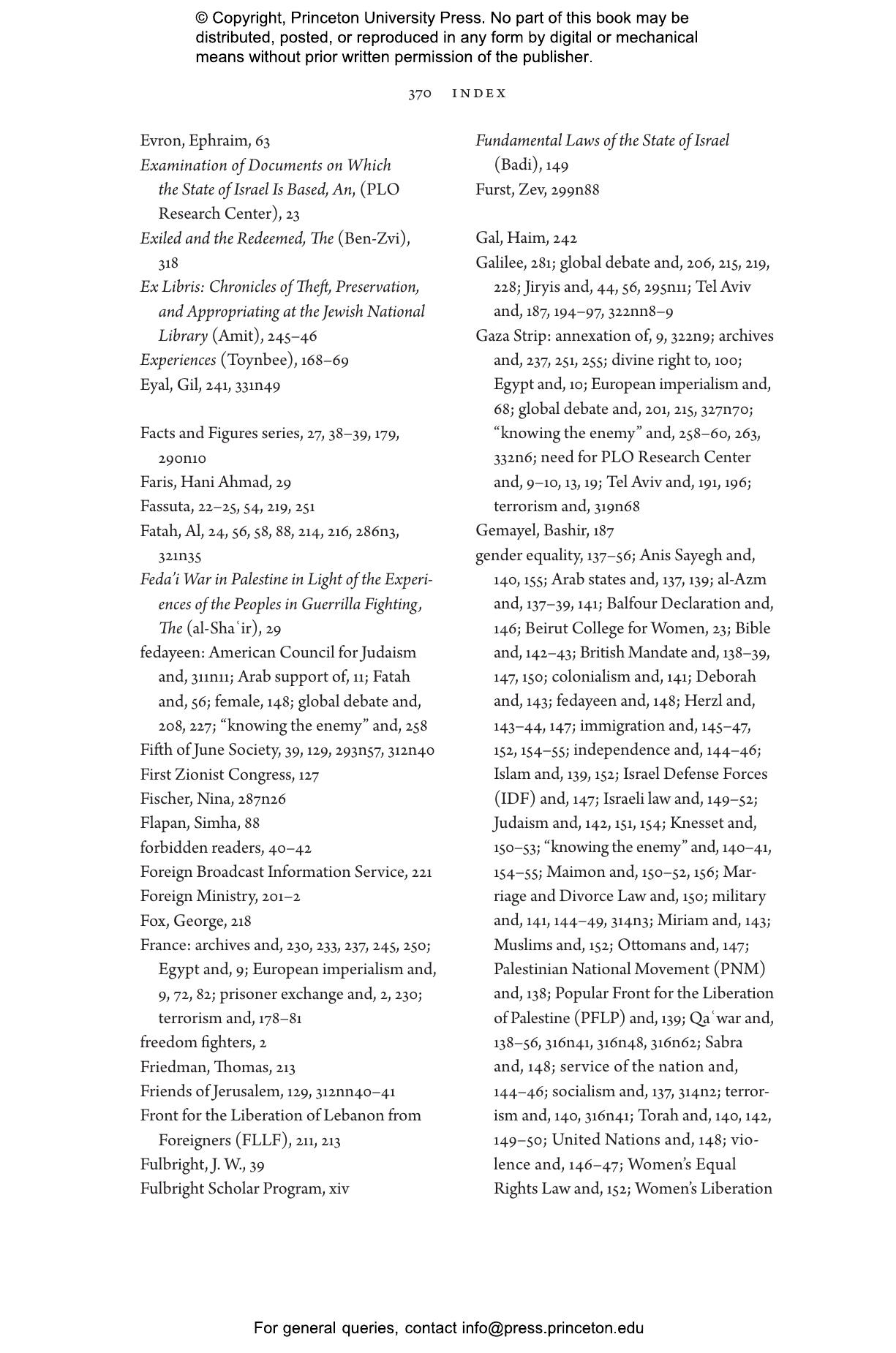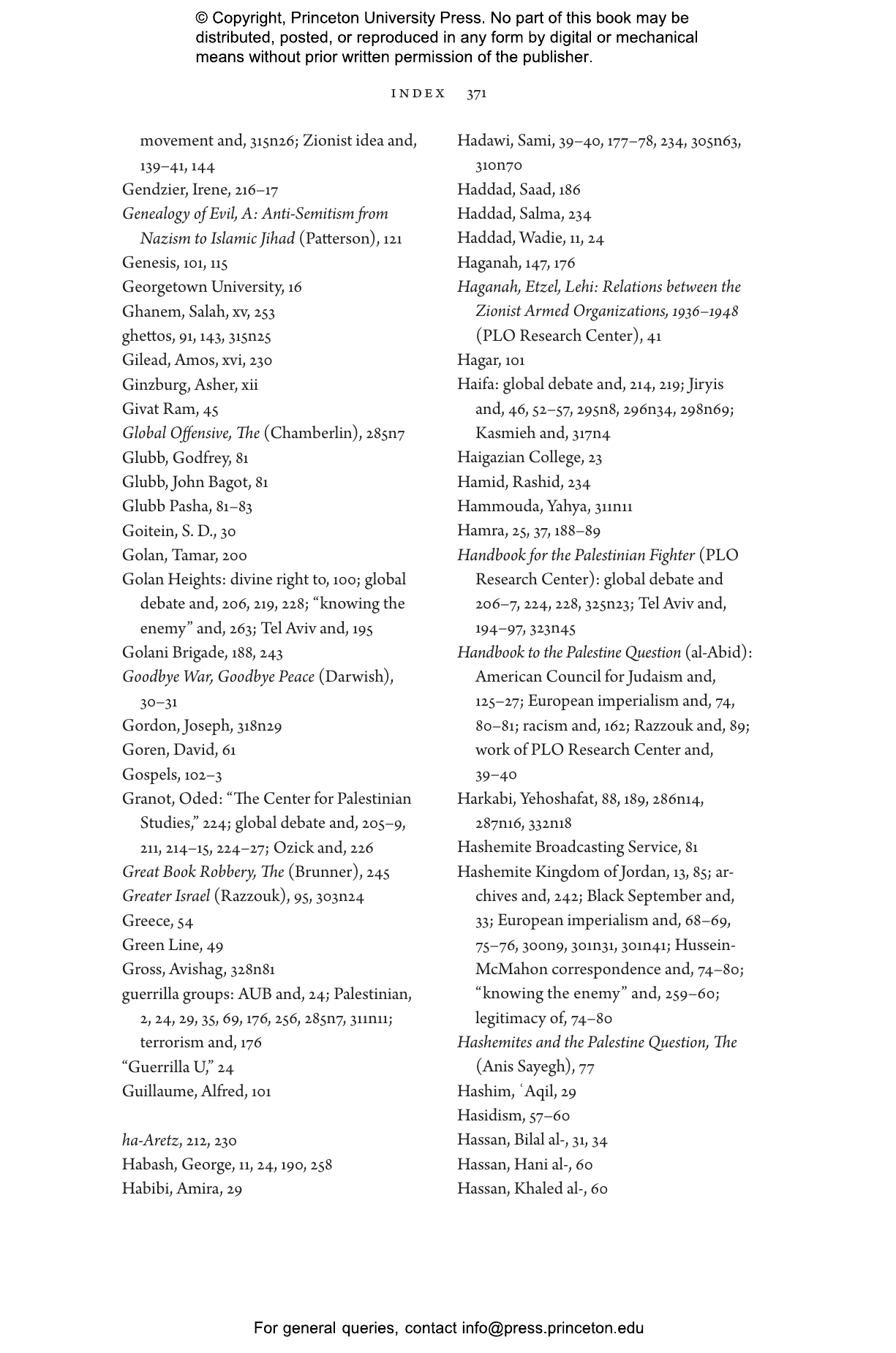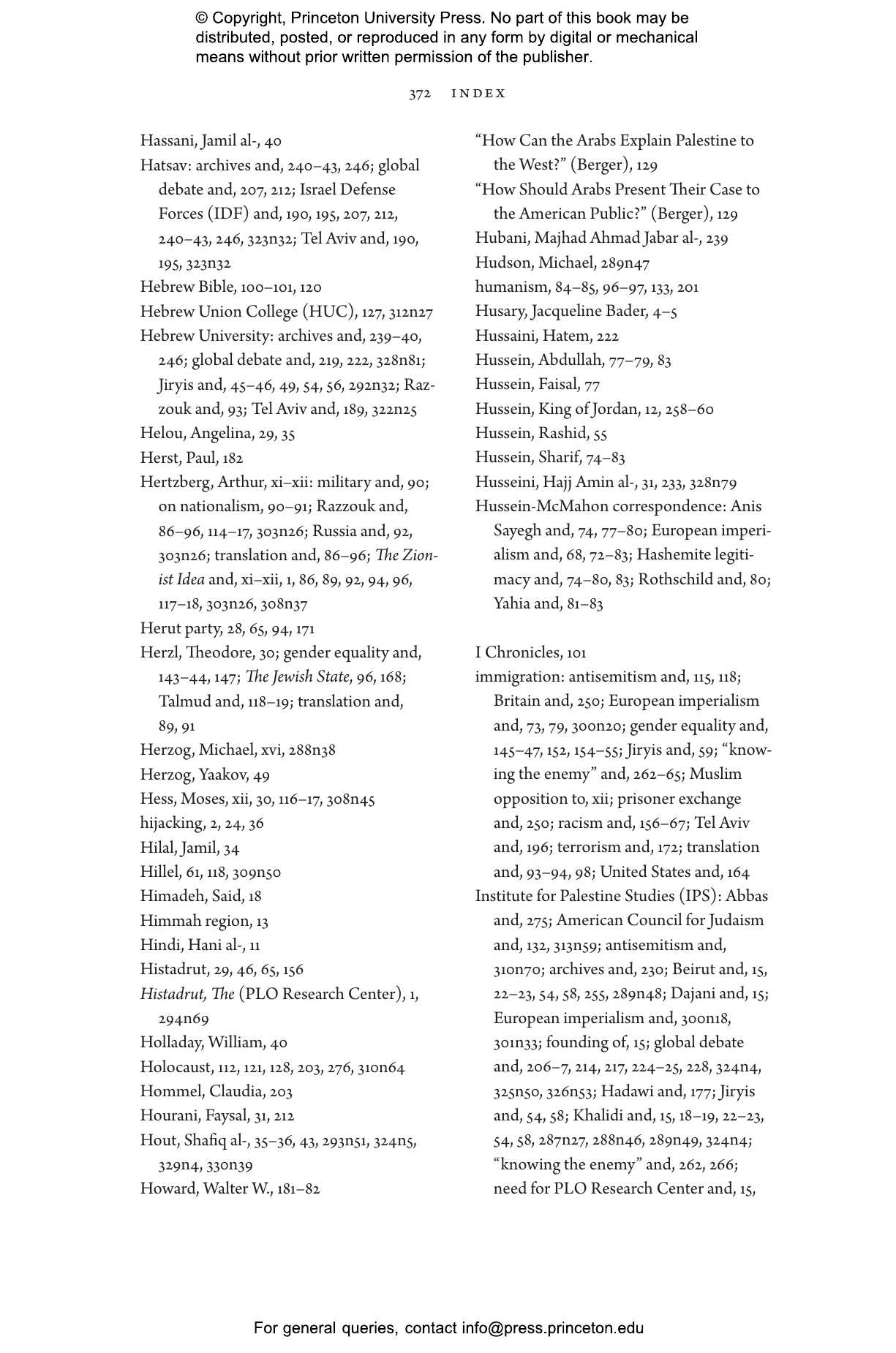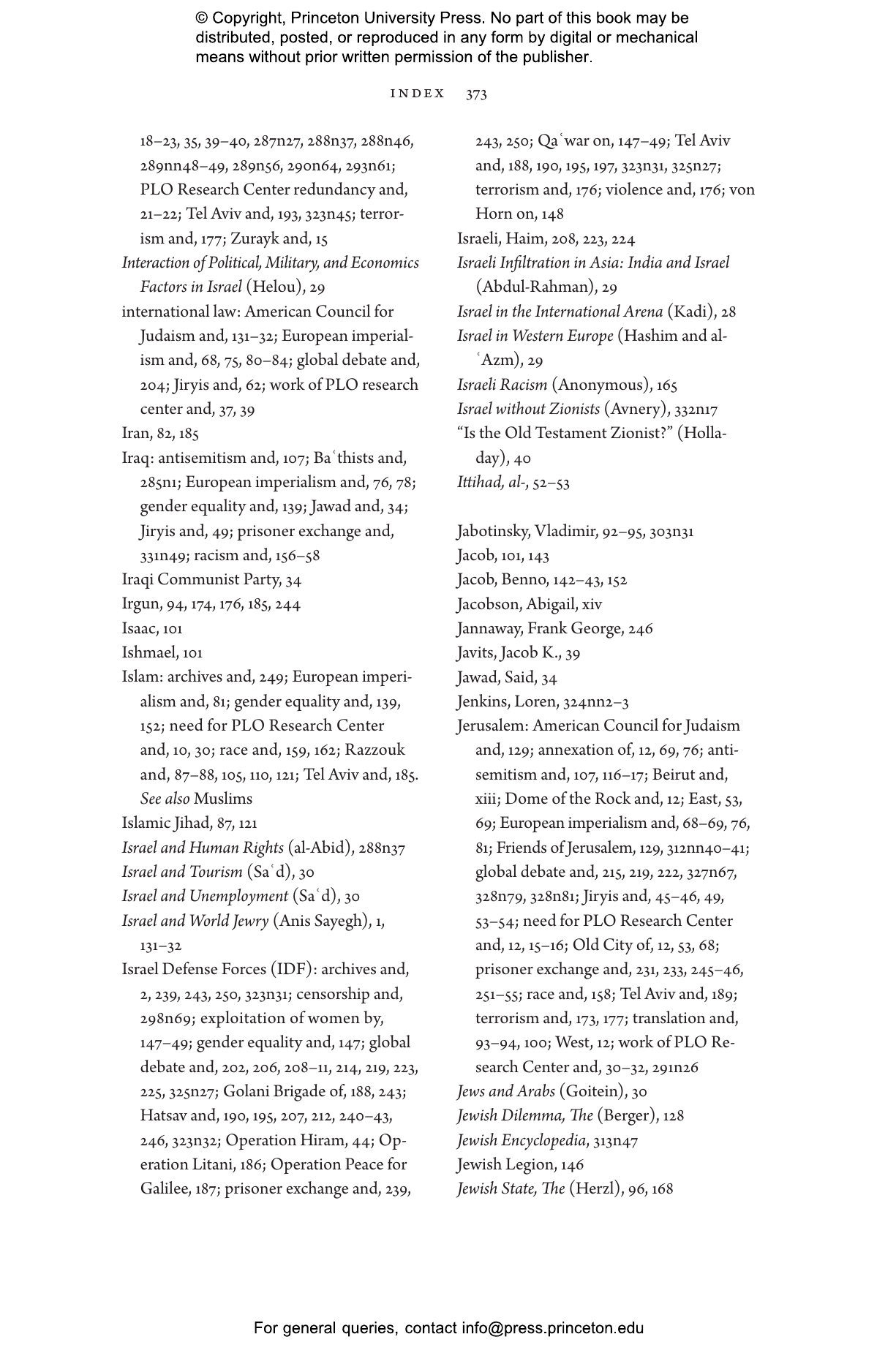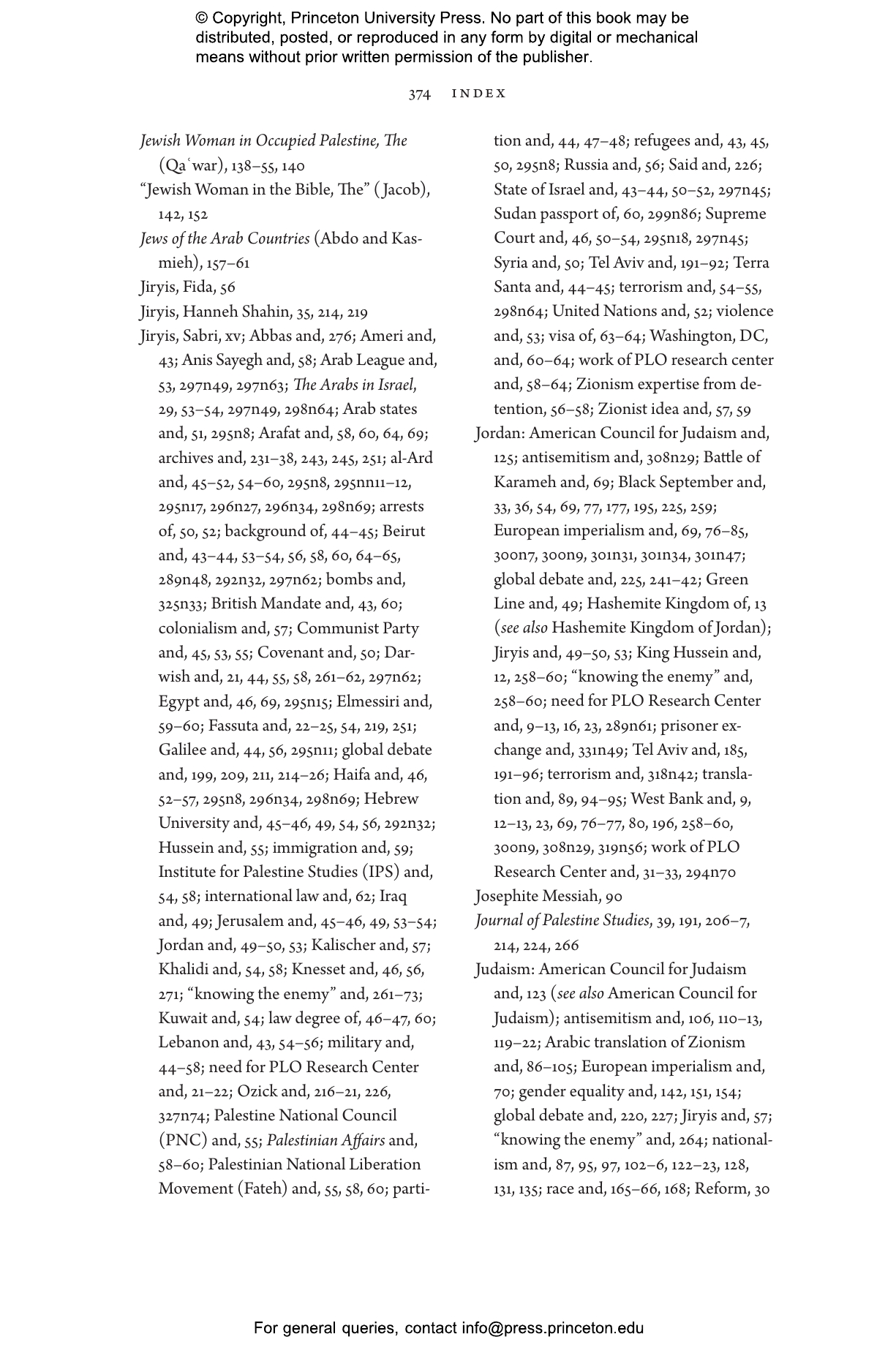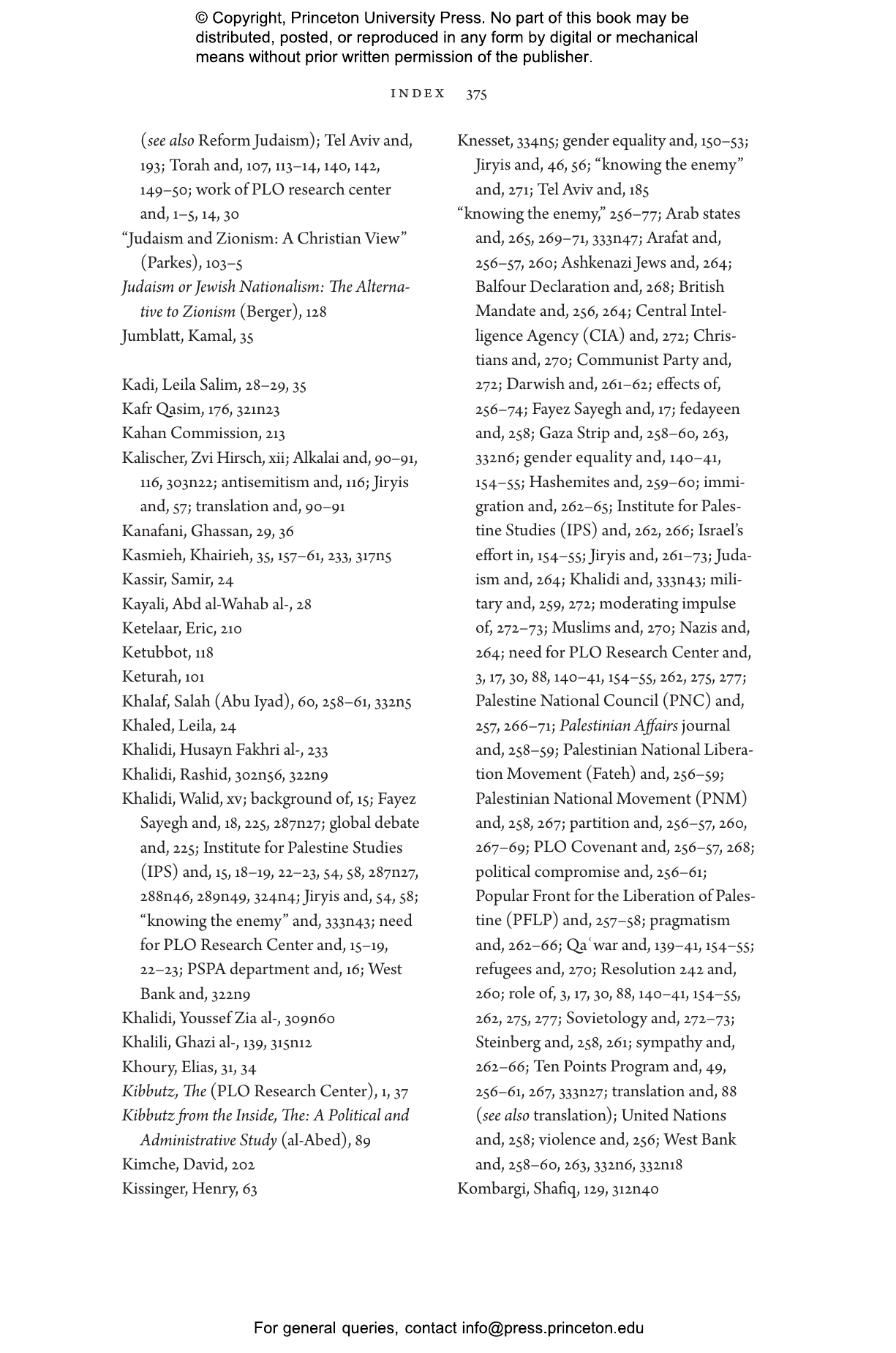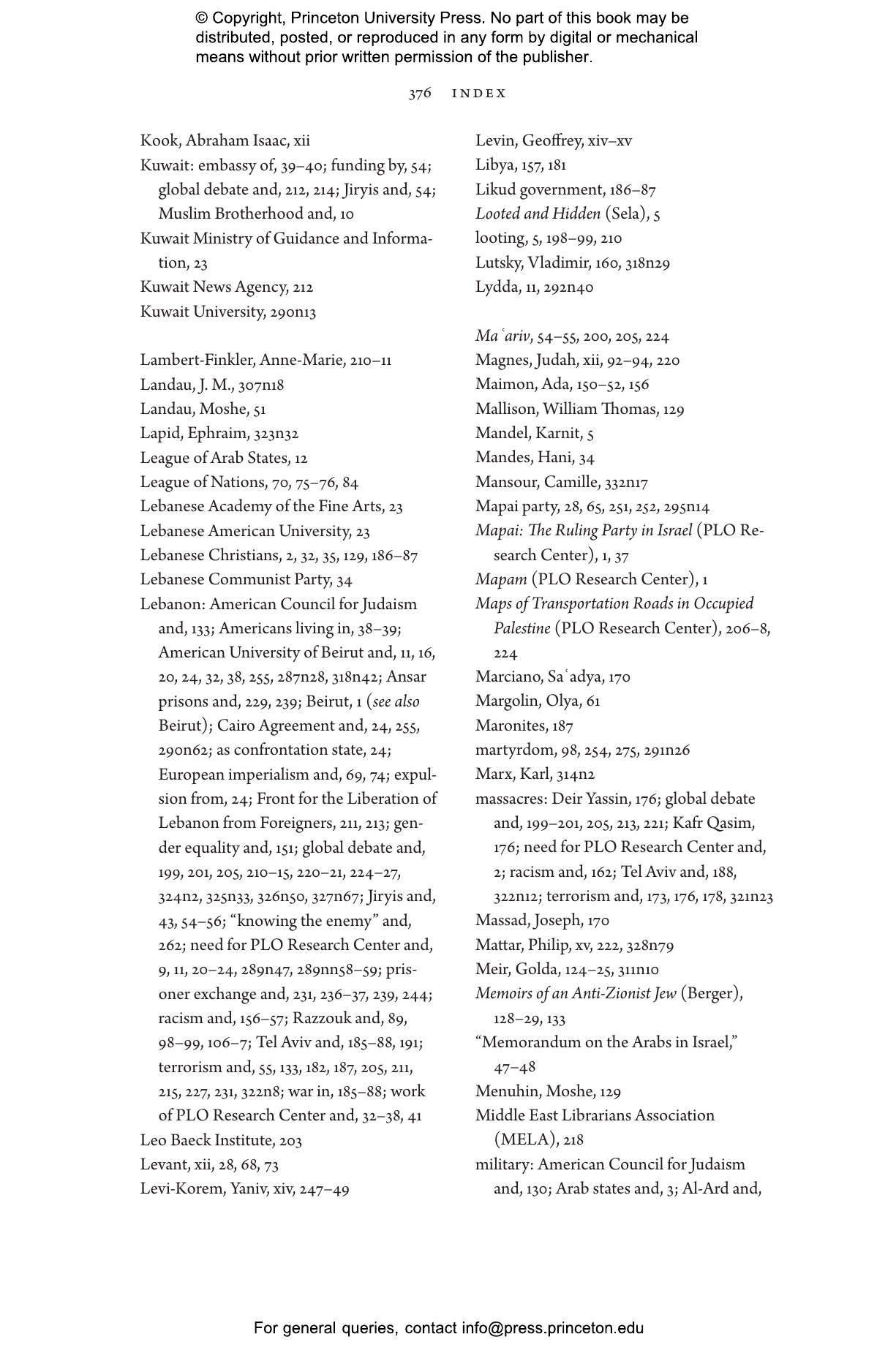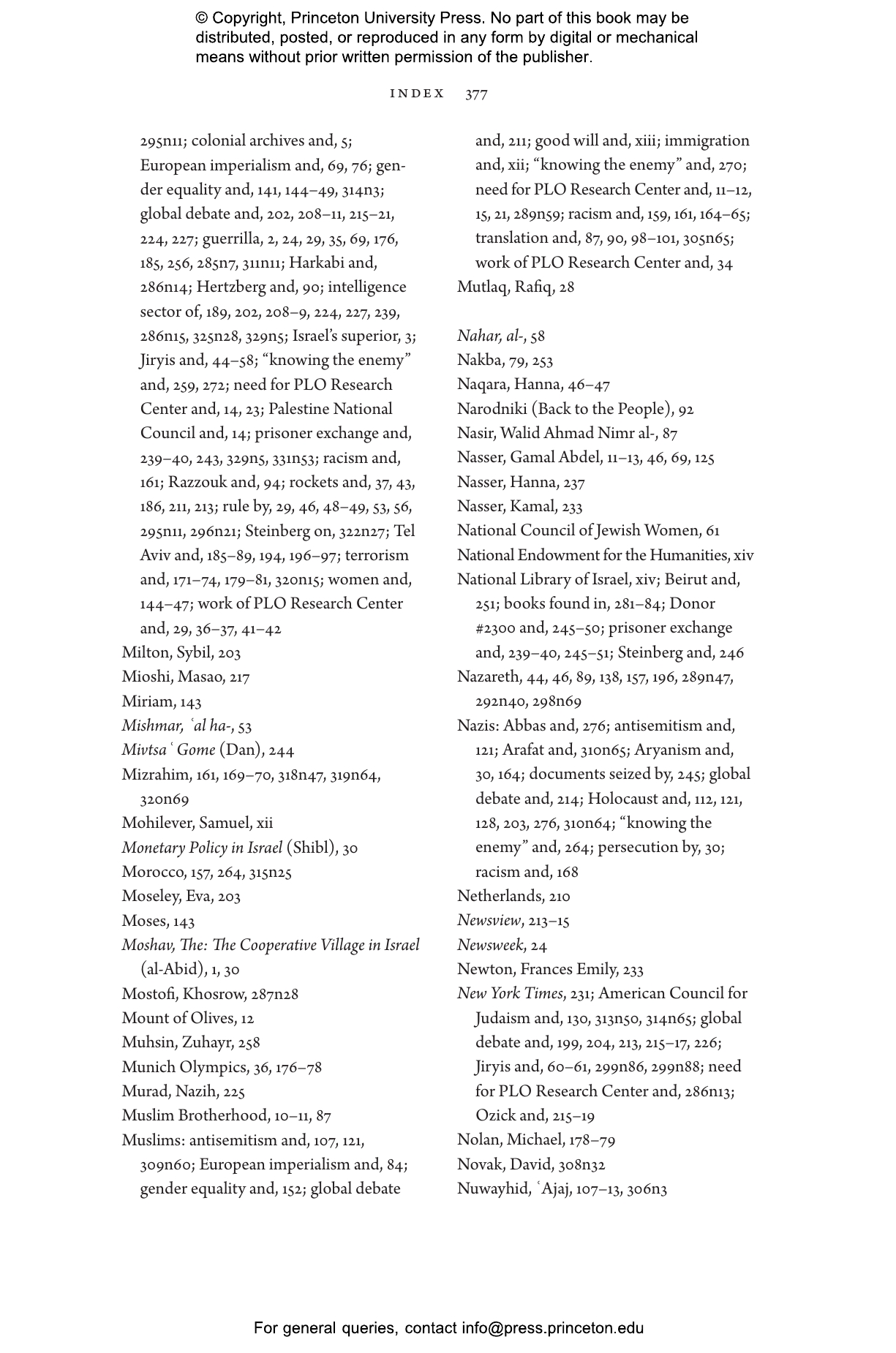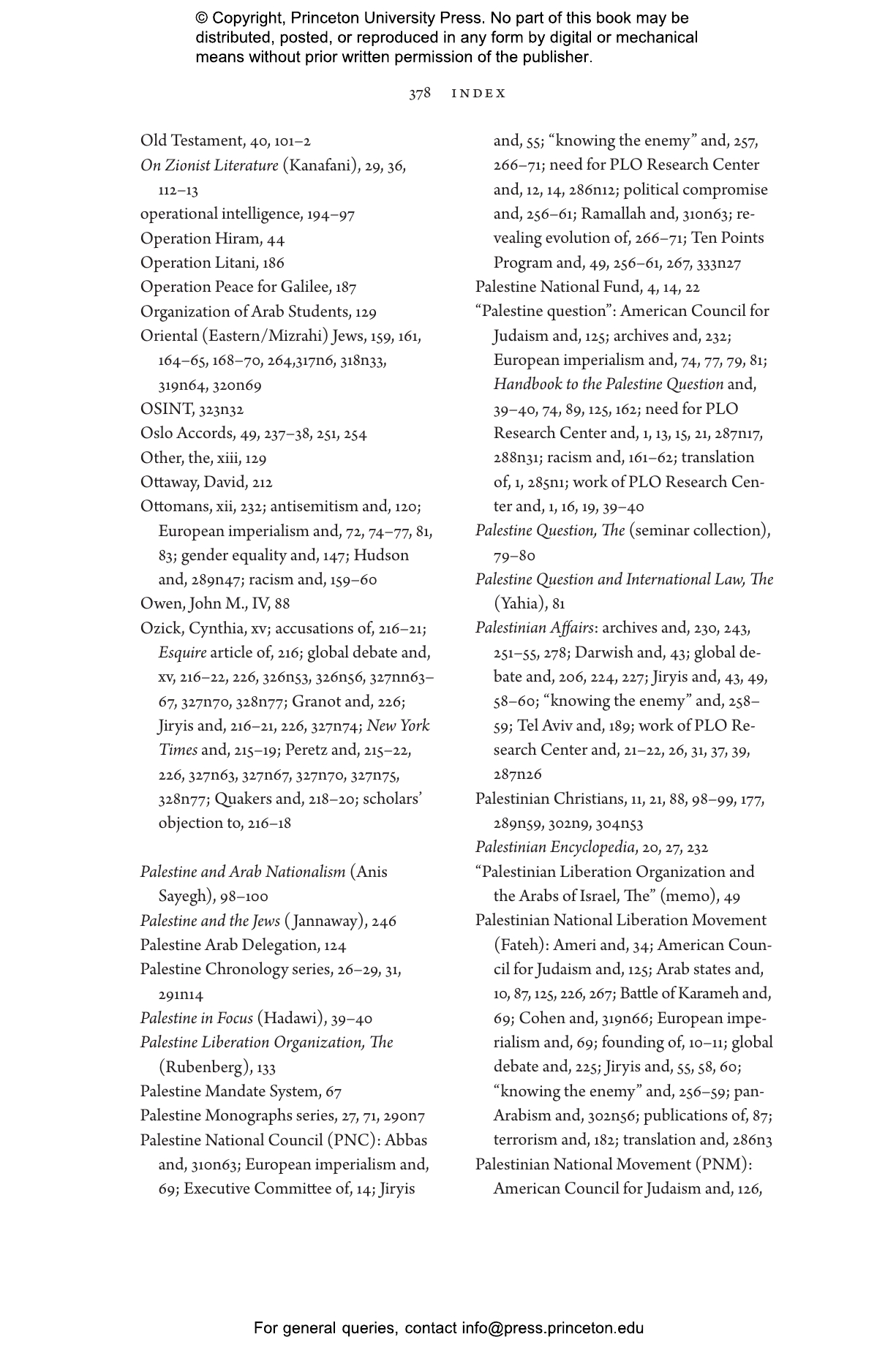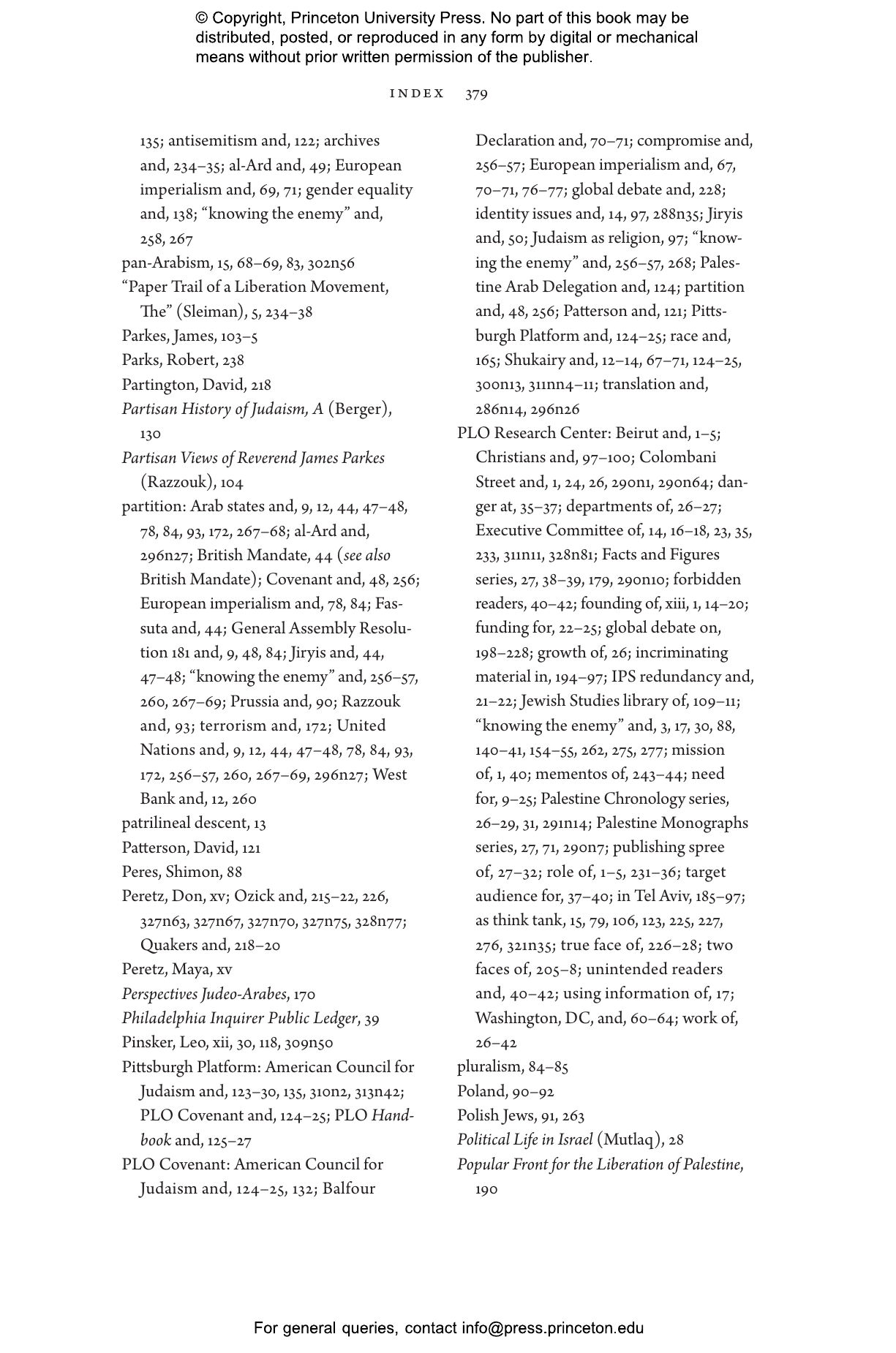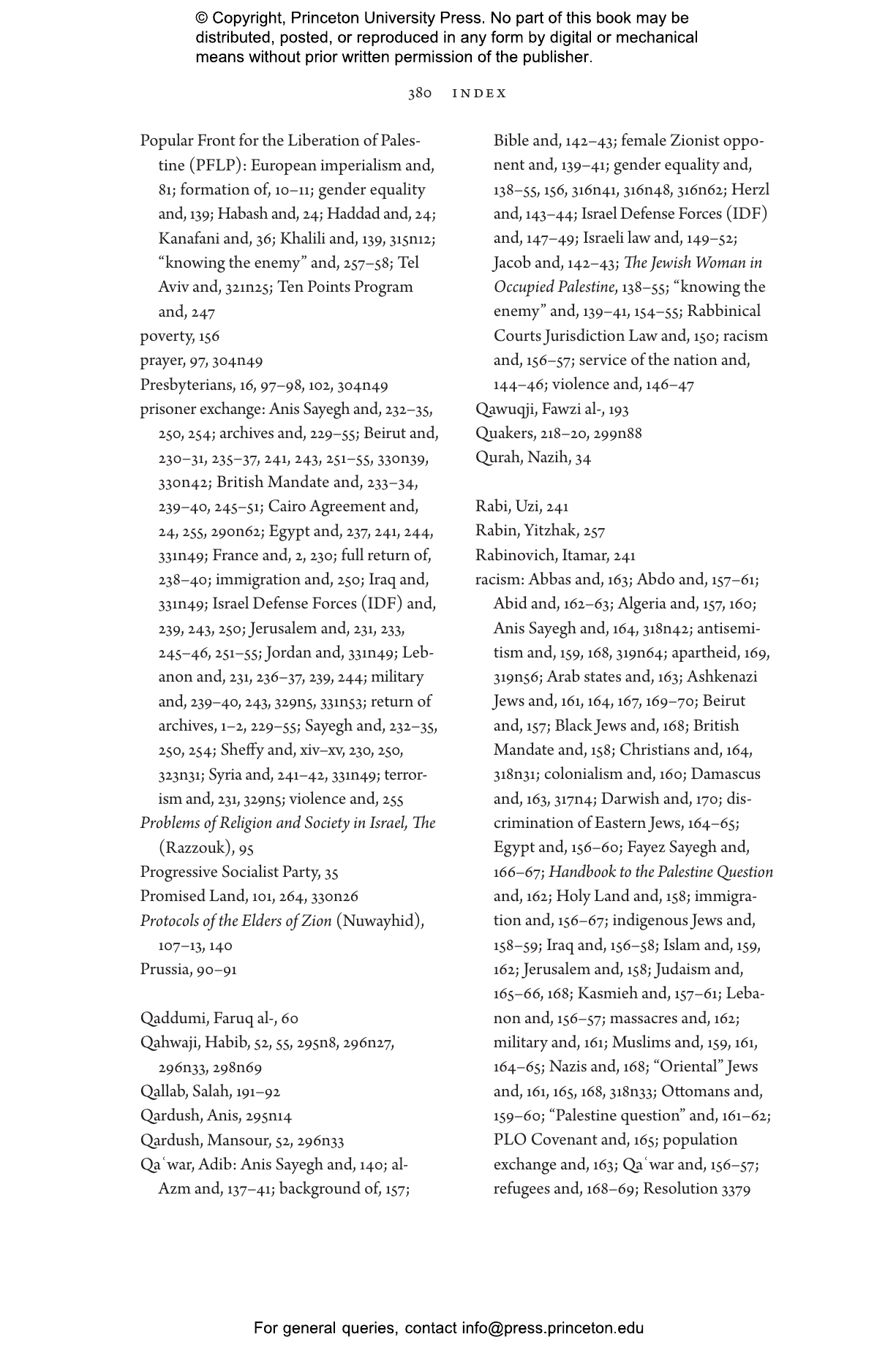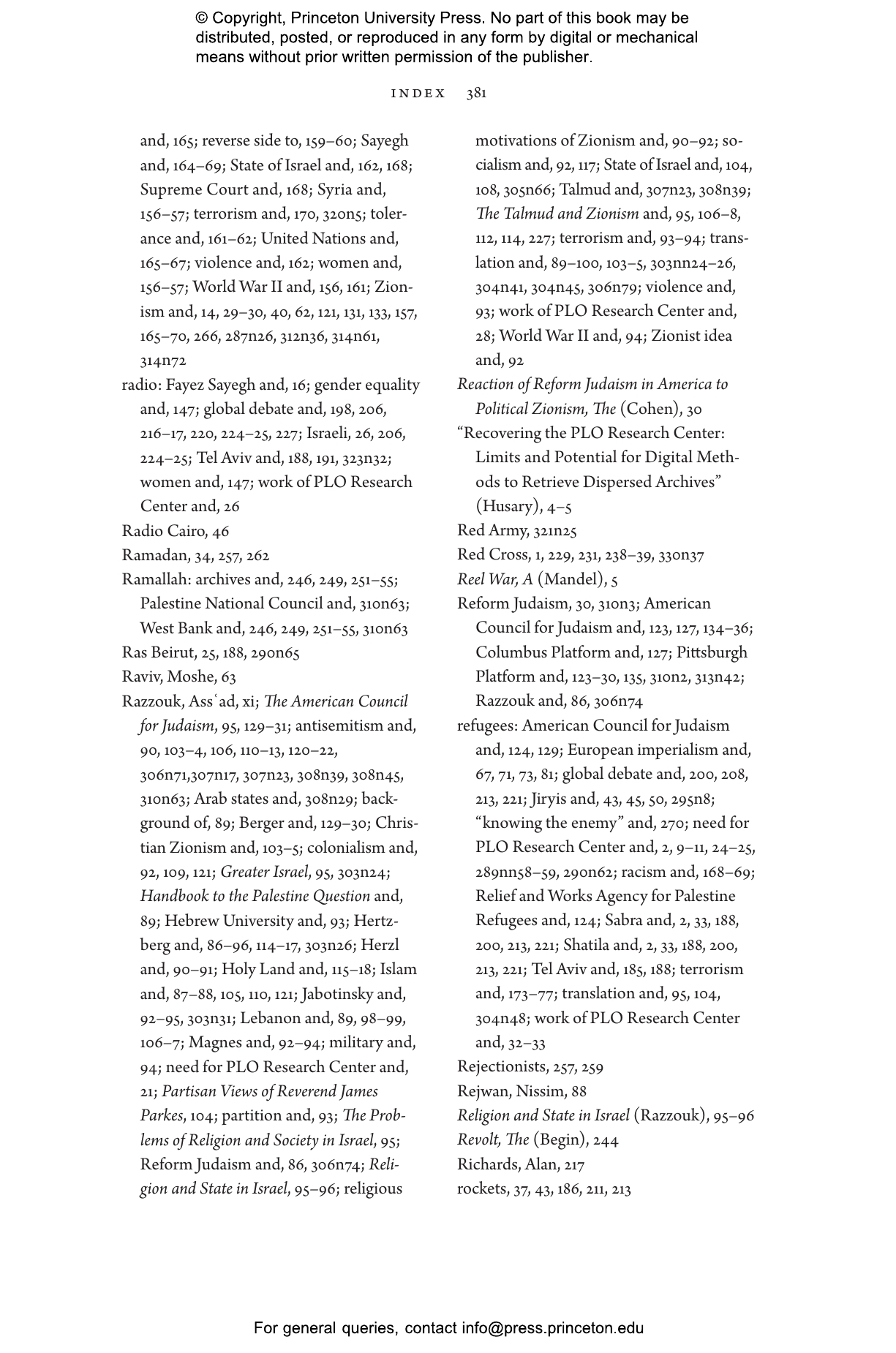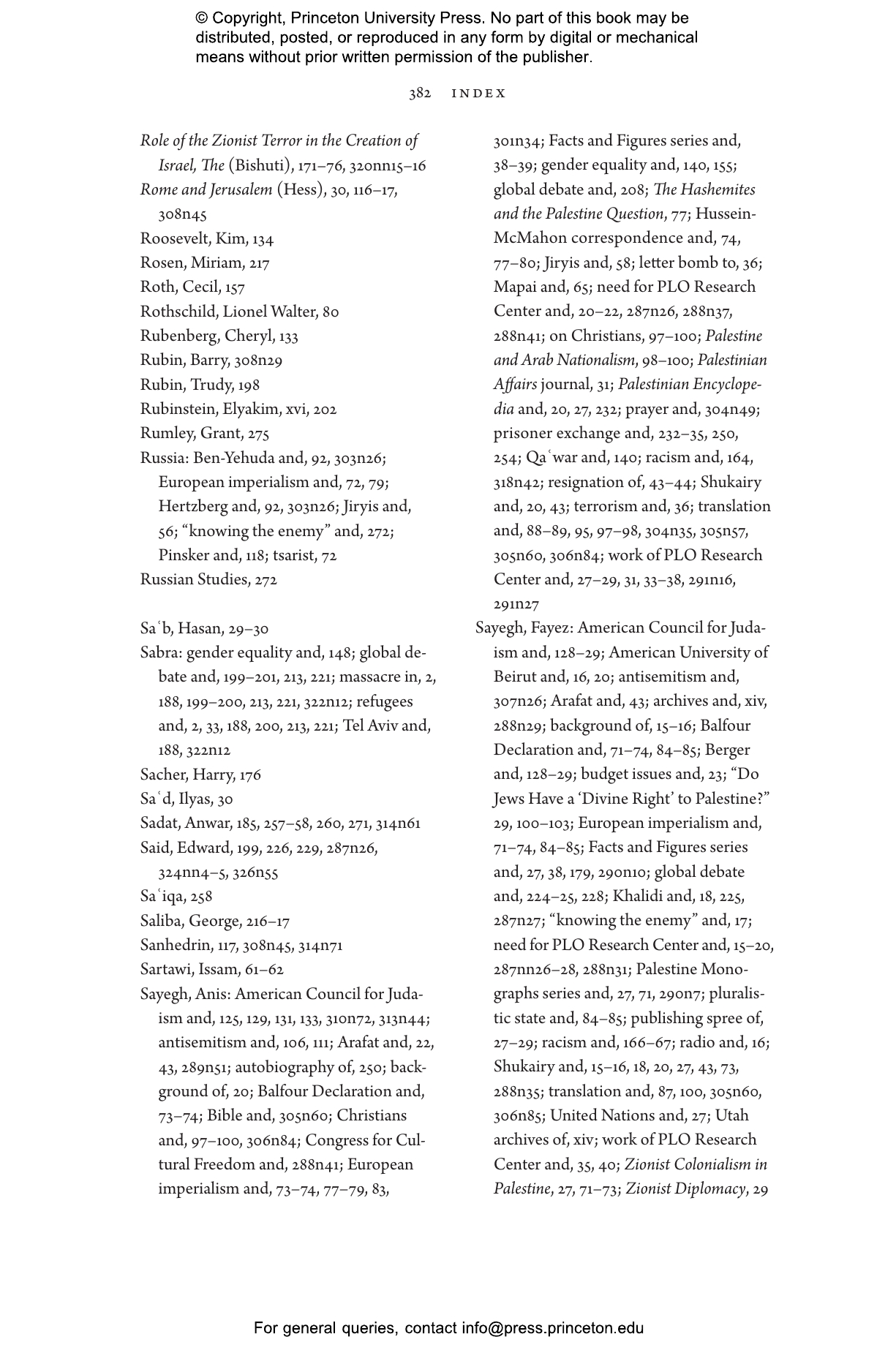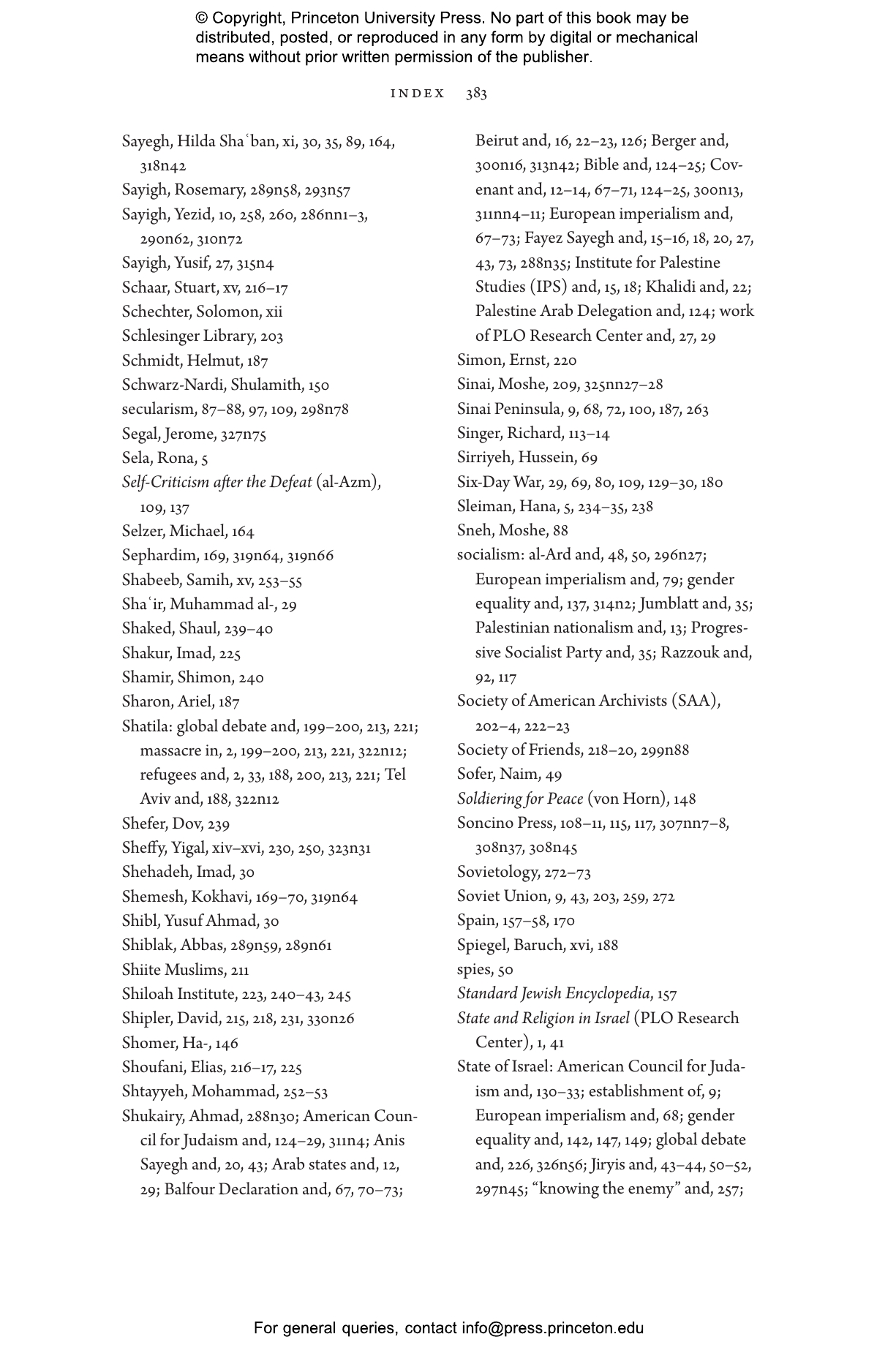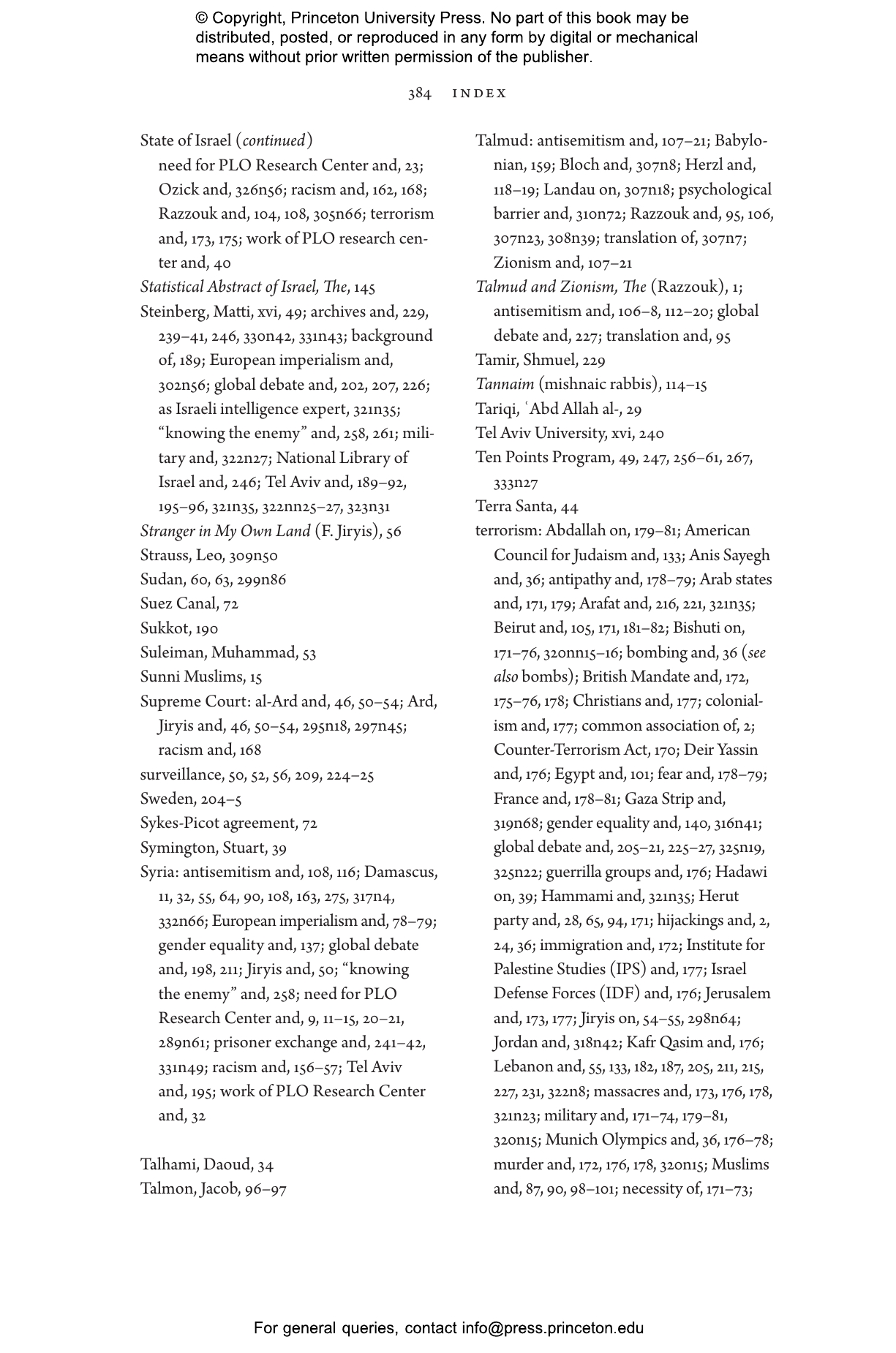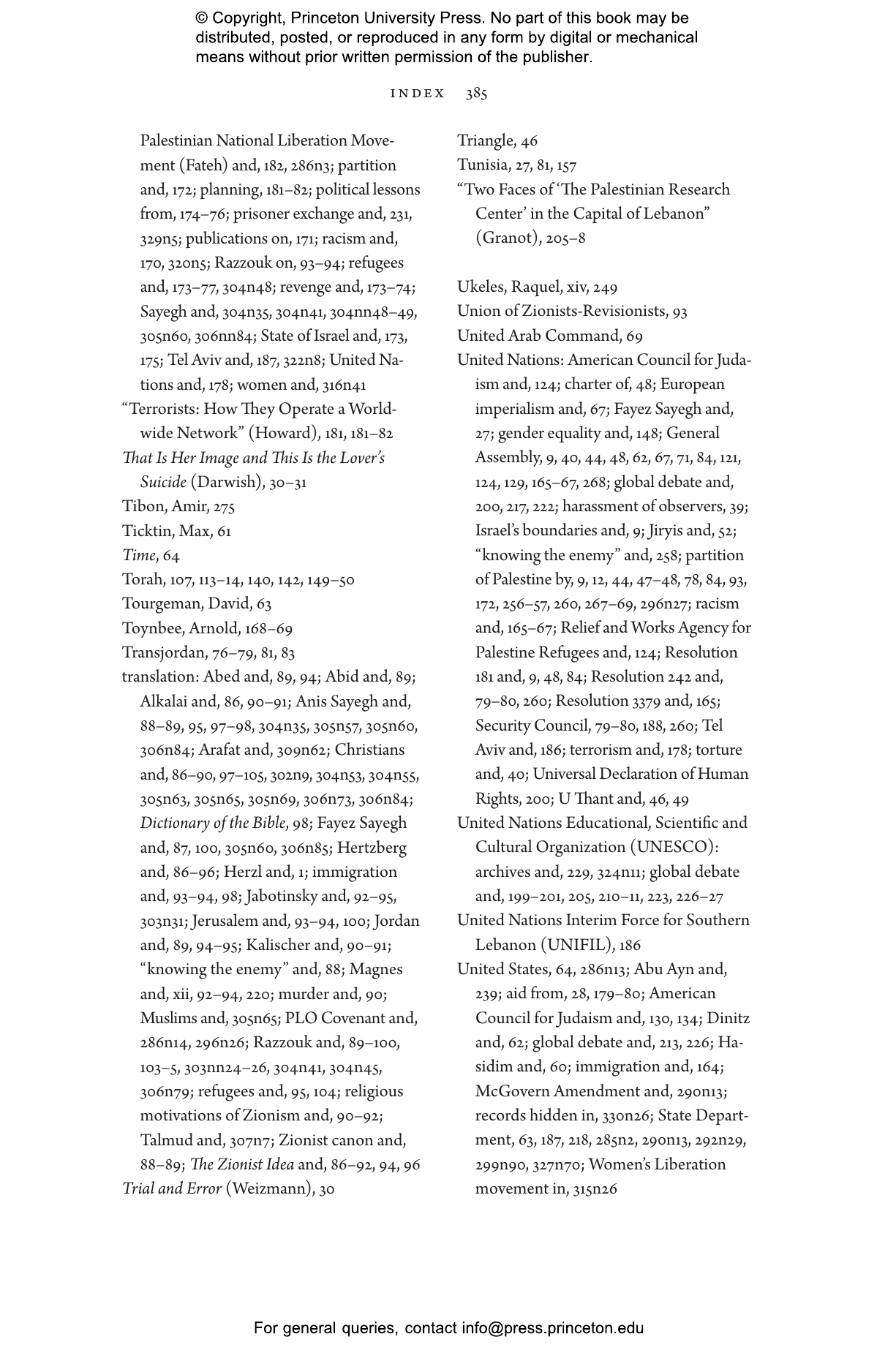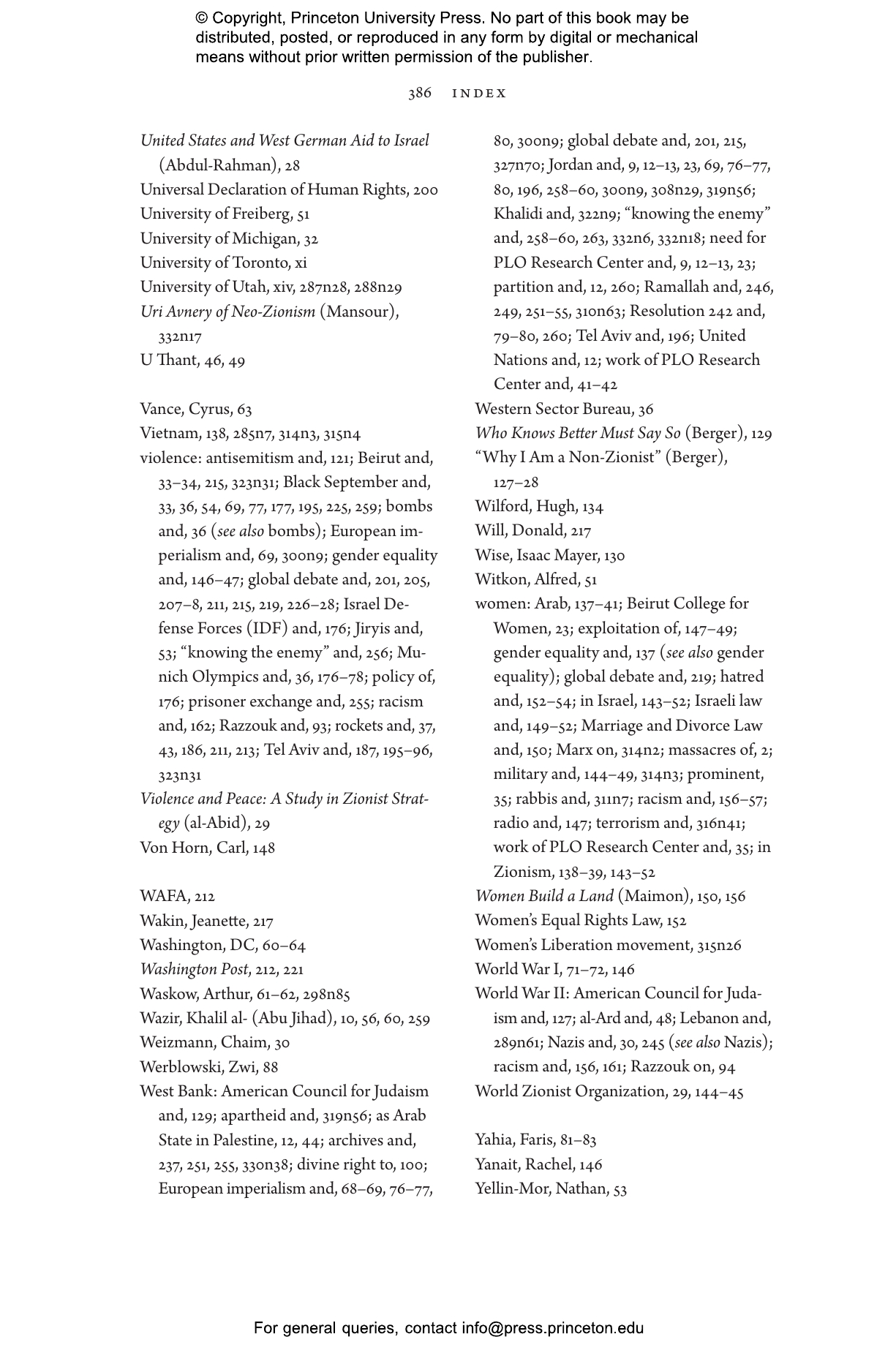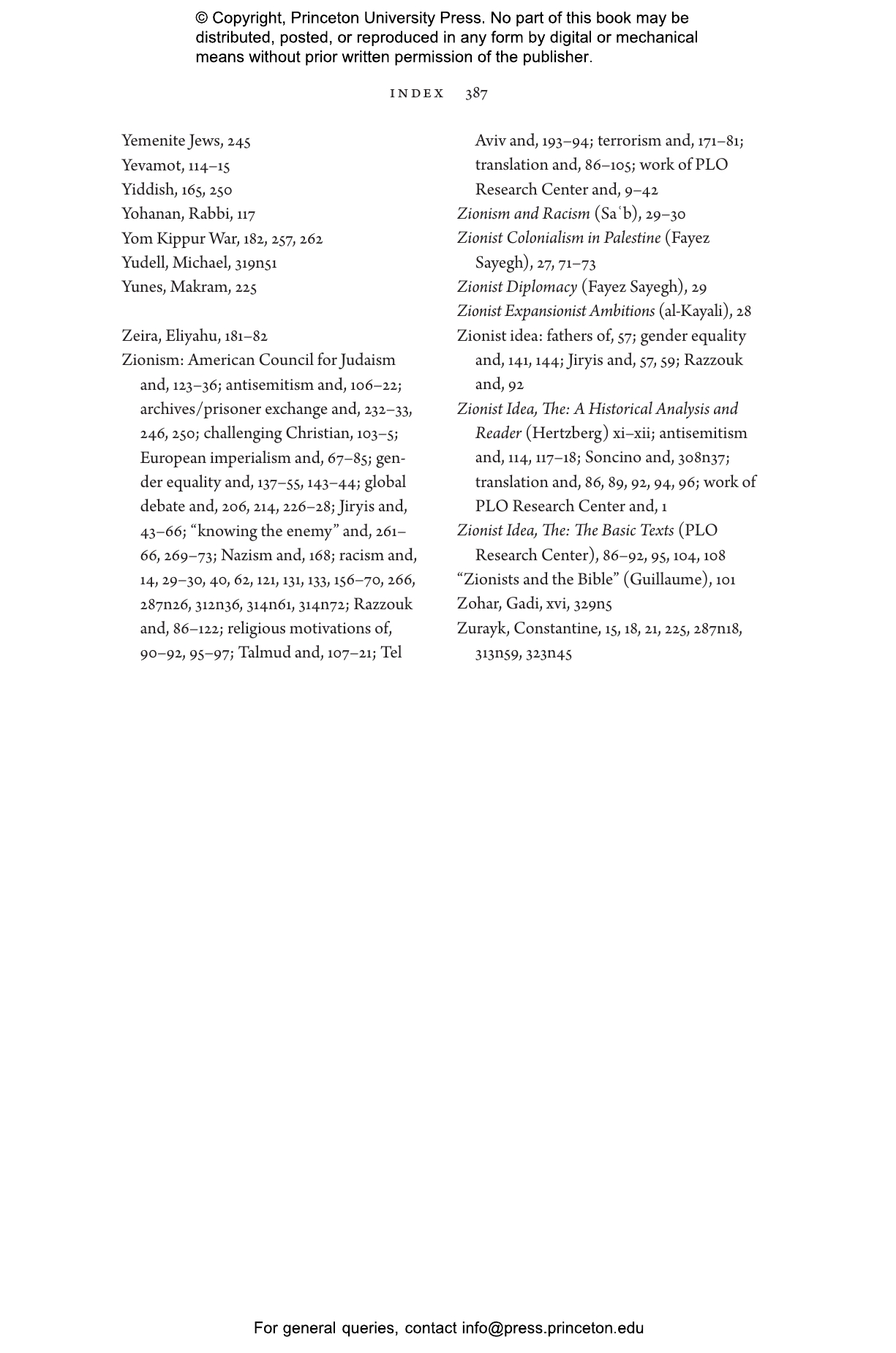In September 1982, the Israeli military invaded West Beirut and Israel-allied Lebanese militiamen massacred Palestinians in the Sabra and Shatila refugee camps. Meanwhile, Israeli forces also raided the Palestine Liberation Organization Research Center and trucked its complete library to Israel. Palestinian activists and supporters protested loudly to international organizations and the Western press, claiming that the assault on the Center proved that the Israelis sought to destroy not merely Palestinian militants but Palestinian culture as well. The protests succeeded: in November 1983, Israel returned the library as part of a prisoner exchange. What was in that library?
Much of the expansive collection the PLO amassed consisted of books about Judaism, Zionism, and Israel. In Reading Herzl in Beirut, Jonathan Marc Gribetz tells the story of the PLO Research Center from its establishment in 1965 until its ultimate expulsion from Lebanon in 1983. Gribetz explores why the PLO invested in research about the Jews, what its researchers learned about Judaism and Zionism, and how the knowledge they acquired informed the PLO’s relationship to Israel.
Jonathan Marc Gribetz is associate professor in the Department of Near Eastern Studies and the Program in Judaic Studies at Princeton University, where he also directs the Institute for the Transregional Study of the Contemporary Middle East, North Africa, and Central Asia. He is the author of Defining Neighbors: Religion, Race, and the Early Zionist-Arab Encounter (Princeton).
"A comprehensive and lucid account of the [Palestine Liberation Organization’s Research Center] and the Israeli raid that altered the trajectory of its existence."—Sheldon Kirshner, The Times of Israel
"Meticulous and original. . . . [Reading Herzl in Beirut] is a testament to the Center's intellectual legacy and its role in shaping Palestinian nationalist thought. Gribetz's balanced narrative gives room for a wider discussion about Palestinian nationalism and thought that, on the one hand, is adversarial to Zionism and Israel, but also recognizes the material presence and engagement with a country and a people already integrated into their shared yet contested space."—Etan Nechin, Haaretz
"[A] fascinating book."—Lisa Anderson, Foreign Affairs
"A deeply researched book."—Emad Al-Ahmad, Al Majalla
“Reading Herzl in Beirut is a meticulously researched and exquisitely crafted analysis of writings produced by scholars and publicists associated with the Palestine Liberation Organization Research Center. It raises fascinating questions about how occupied peoples understand the occupier and throws abundant new light on the PLO’s shifting concepts of Jews, Judaism, Zionism, and Israel over the two decades of the Research Center’s existence.”—Derek Penslar, Harvard University
“Meticulous in its sources and investigation, this is the first comprehensive treatment of the PLO Research Center in the English language, or in any language. It is an important contribution to the study of the conflict.”—Nadim Shehadi, International Advisory Board of UMAM Documentation and Research
“In both spirit and approach, this pioneering study of Palestinian intellectual engagement with Judaism and Zionism situates the Palestine Liberation Organization’s Research Center on its own terms, tracing a history of scholarly research and analysis in the context of violent political encounters with the Israeli state. Jonathan Gribetz’s close reading of Arabic sources and Hebrew texts, alongside his sensitivity to questions of Israeli archival capture and return, unearths a story of critical Palestinian knowledge production in the face of ideological and military efforts at erasure. At a moment of selective understanding of Palestinian and Jewish history, Reading Herzl in Beirut offers a model of capacious inquiry and reflection.”—Seth Anziska, University College London
